Understanding Drawn Outcomes in Chess
Chess, a strategic and analytical game played globally, has several outcomes: win, loss, or draw. Understanding when and how a chess game ends in a draw can be quite complex due to the various rules and conditions governing such an outcome. This aspect of the game highlights the depth and intricacies of chess strategy, emphasizing defense as much as offense.
1. Stalemate
Stalemate is one of the most common ways a chess game can end in a draw. It occurs when a player has no legal moves, and their king is not in check. Essentially, the player is unable to make a valid move, but they are not in a checkmate position. This result often occurs in games where one player has significantly more material than their opponent but manages to block all the other player’s moves without delivering checkmate.
2. Threefold Repetition
A chess game ends in a draw through threefold repetition if the same position is repeated three times with the same player to move and all possible moves are the same each time. This rule is fundamental as it prevents one player from continually avoiding a loss by repeating moves without making progress. Players need to claim a draw based on threefold repetition for it to be acknowledged, although in some official chess tournaments and match scenarios it is automatically recognized.
3. Fifty-Move Rule
The fifty-move rule comes into effect when during the last 50 moves by each player, no pawn has been moved and no capture has been made. This rule was designed to facilitate a conclusion in games where a win seems highly improbable. It prevents a player with insufficient material to checkmate from being endlessly pursued or harassed by the opponent.
4. Insufficient Mating Material
Some chess games end in a draw because neither player has enough pieces to force a checkmate, regardless of their skill level or strategy. Common examples of insufficient mating material include king against king; king and bishop against king; and king and knight against king. In these scenarios, even if optimal play is continued, checkmate is not possible.
5. Mutual Agreement
Perhaps the most straightforward draw is when both players agree to a draw. Chess players might decide on a draw for various strategic reasons – if continuing the game poses too much risk, or if neither side believes they have a winning advantage. Mutual agreement can occur at any point during a game and is commonly seen in tournaments where players may need to conserve energy and focus for subsequent matches.
6. Dead Position Rule
This is a lesser-known draw rule, but it is significant in certain endgames. A game is considered drawn when no series of legal moves can lead to checkmate, technically called a dead position. An example could include king and bishop versus king and bishop, with both bishops moving on squares of the same color.
Conclusion
The rules that dictate a draw in chess are established to ensure that the game is fair and conclusive, allowing players to have clear outcomes based on their strategic play. Understanding these conditions not only improves game strategy but also respects the depth and history of chess. Knowing when a draw is the best outcome is as crucial as playing for a win, illustrating the nuanced and balanced nature of this age-old game.
Explore our large collection of luxurious chess sets!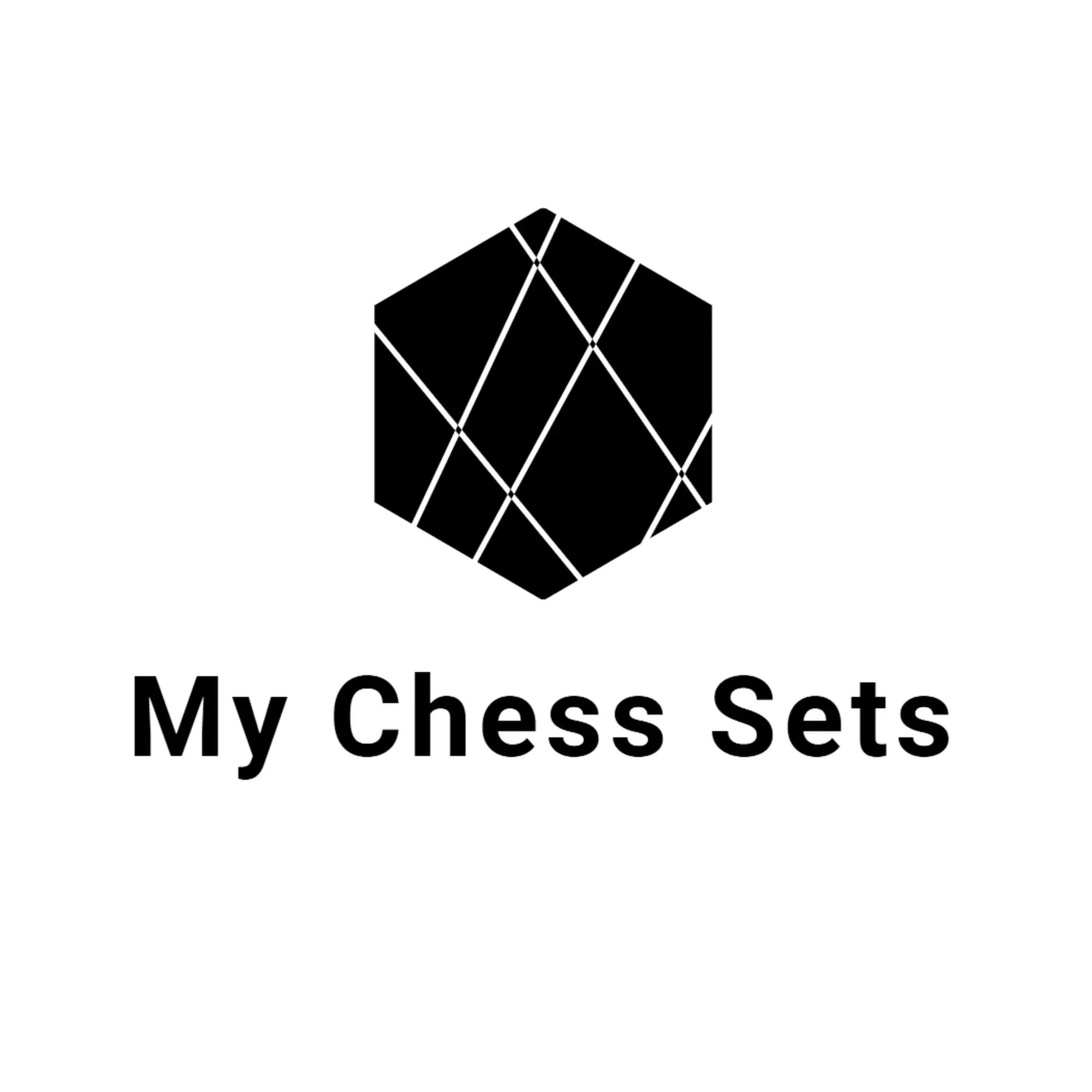
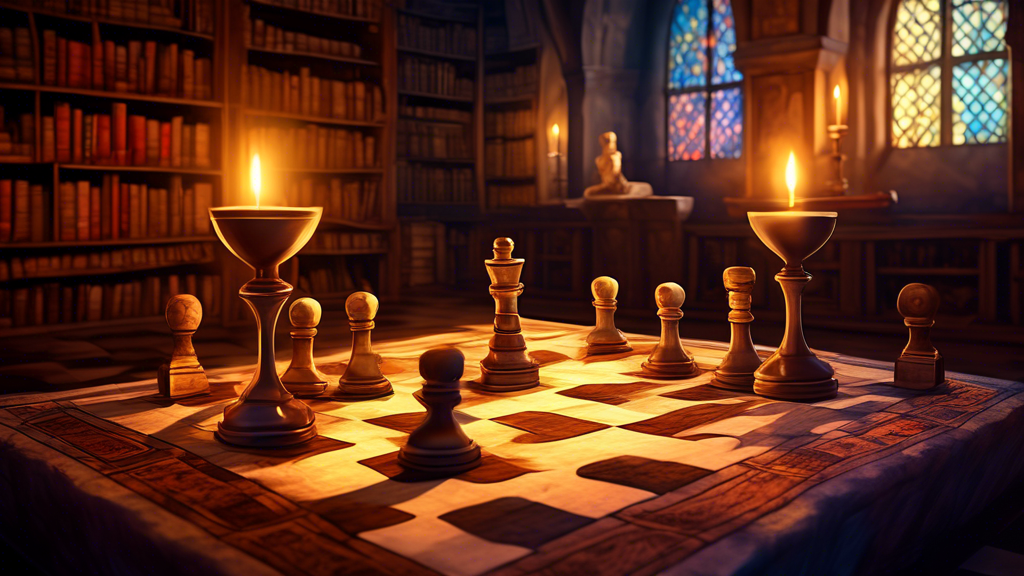
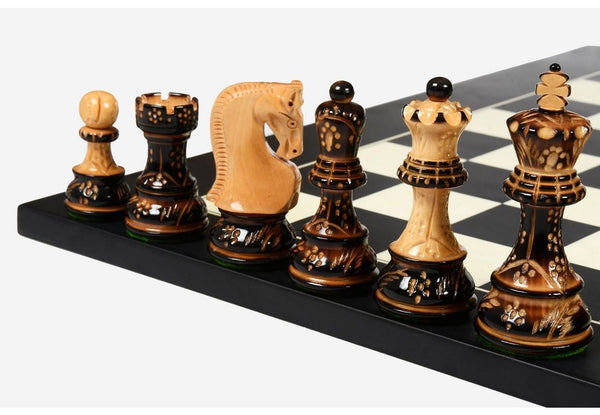
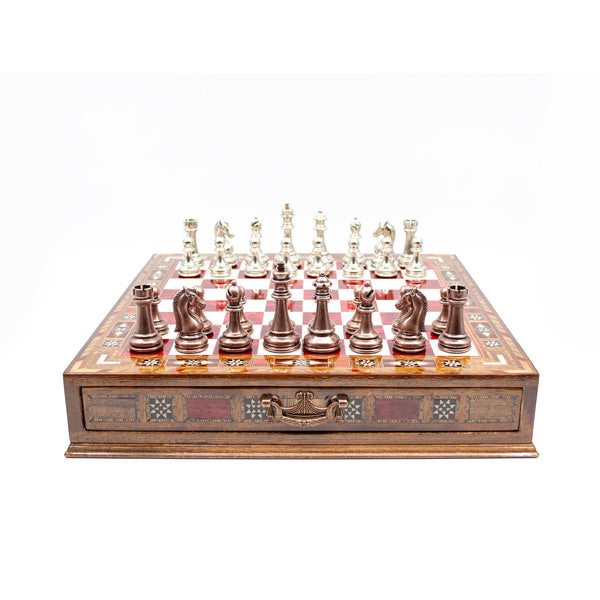
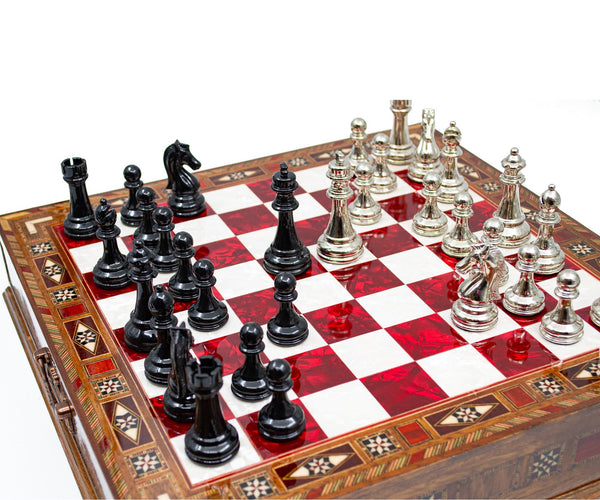
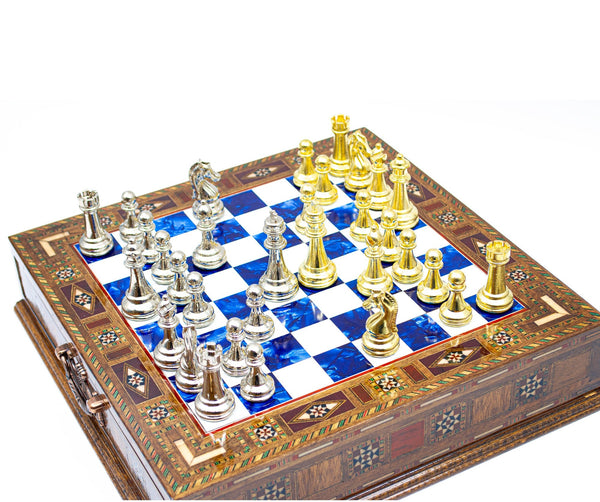
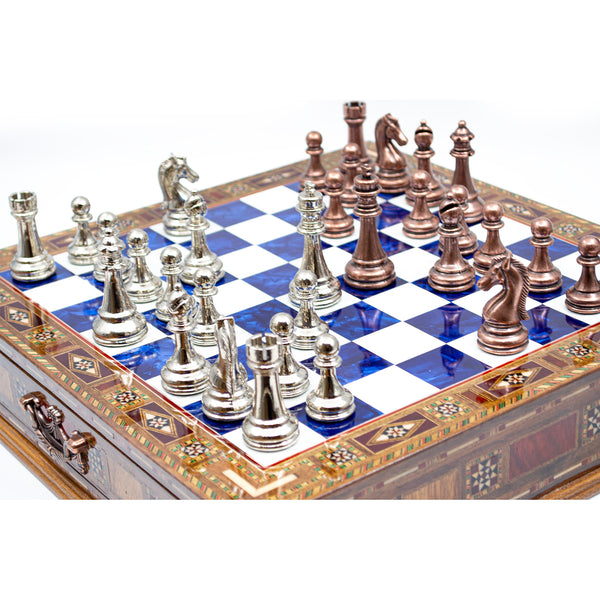
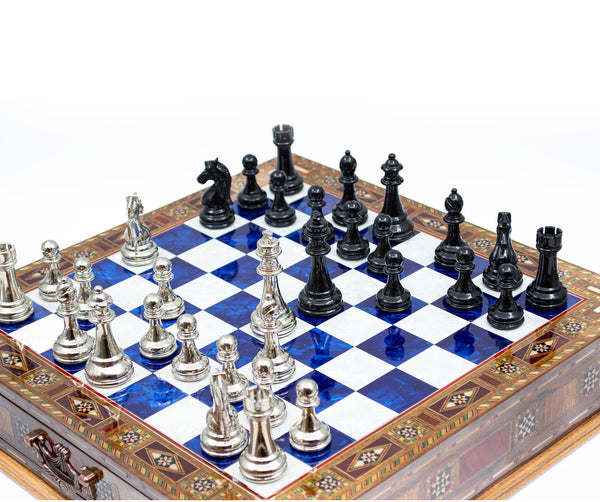
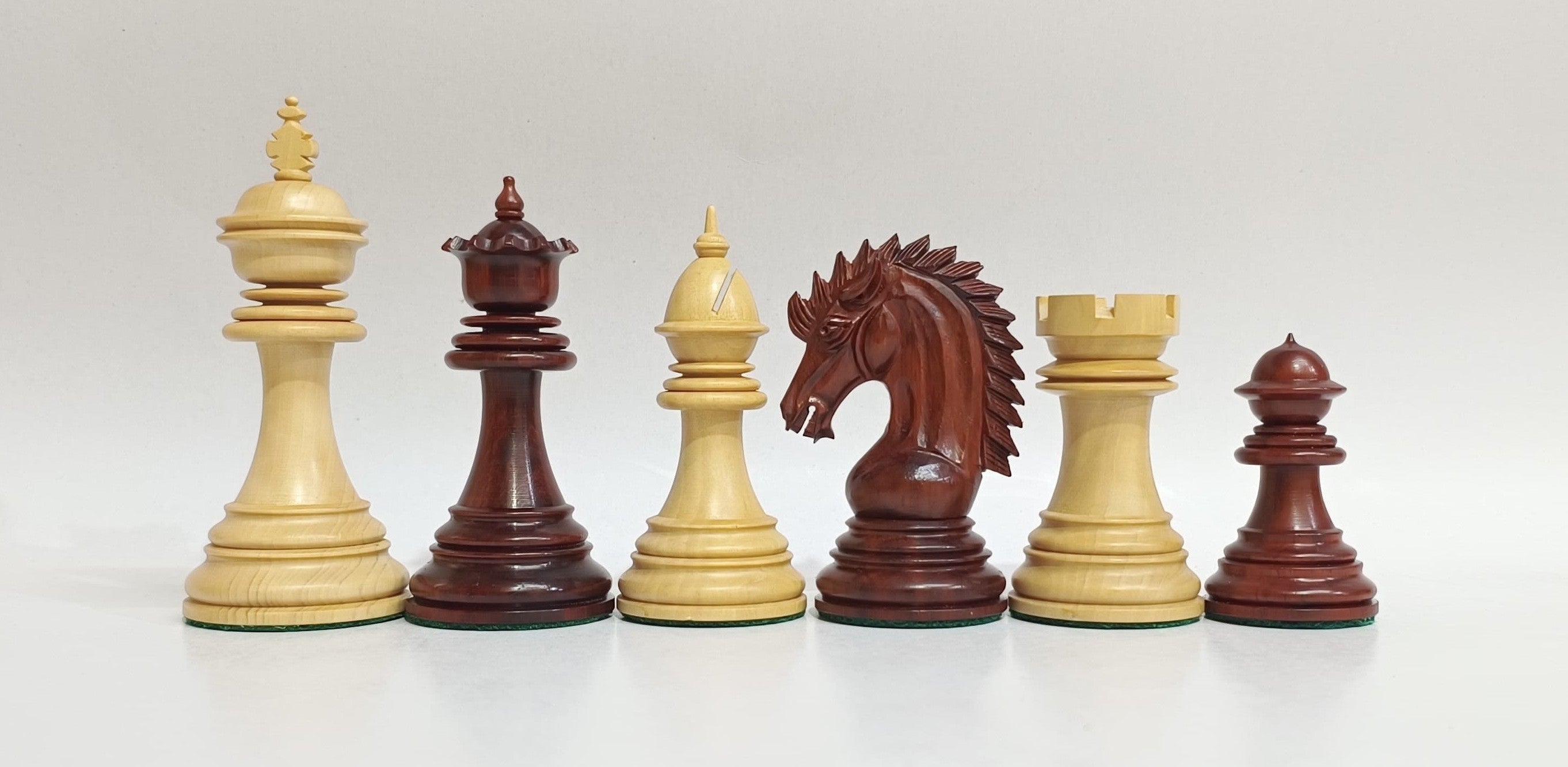
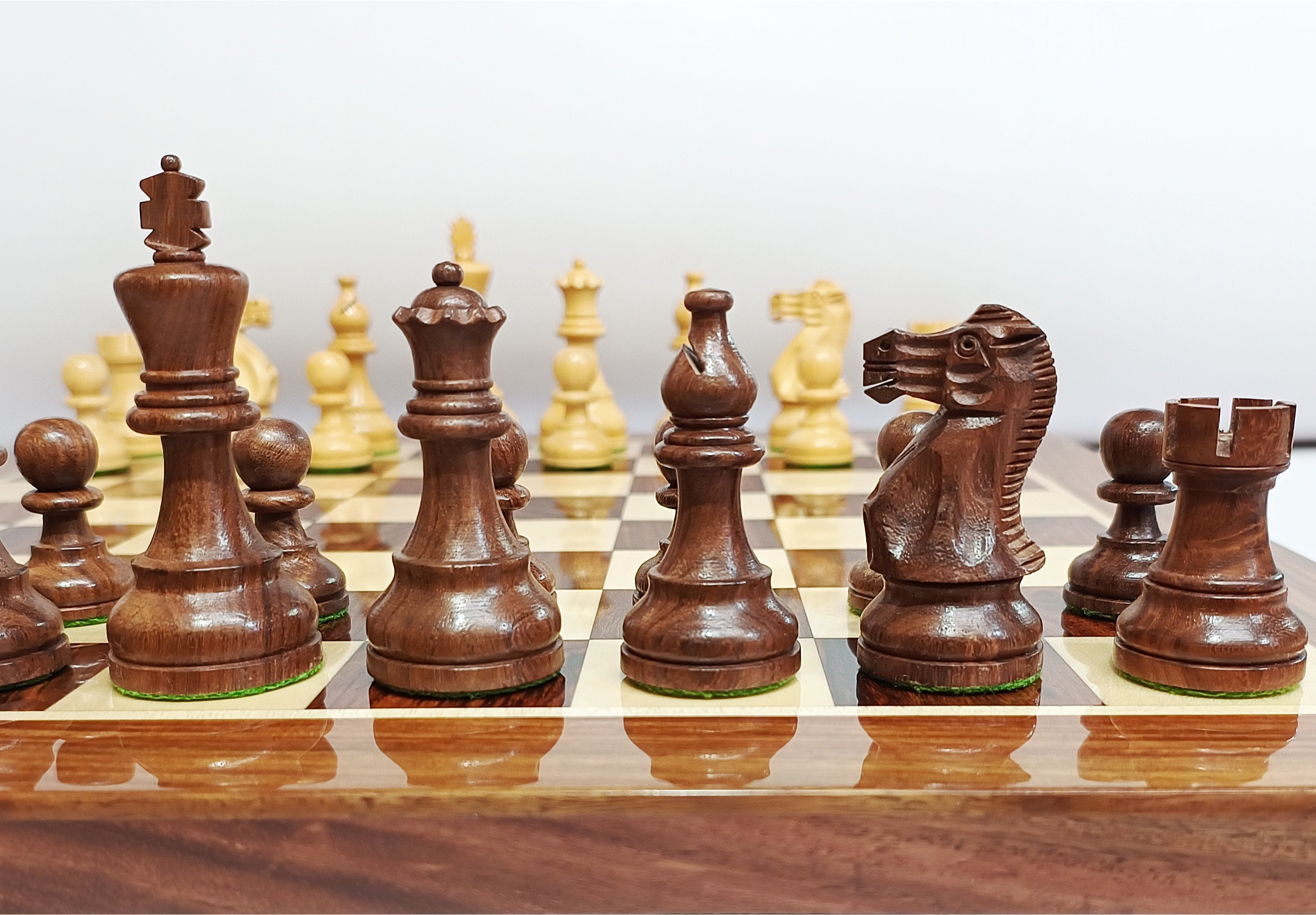
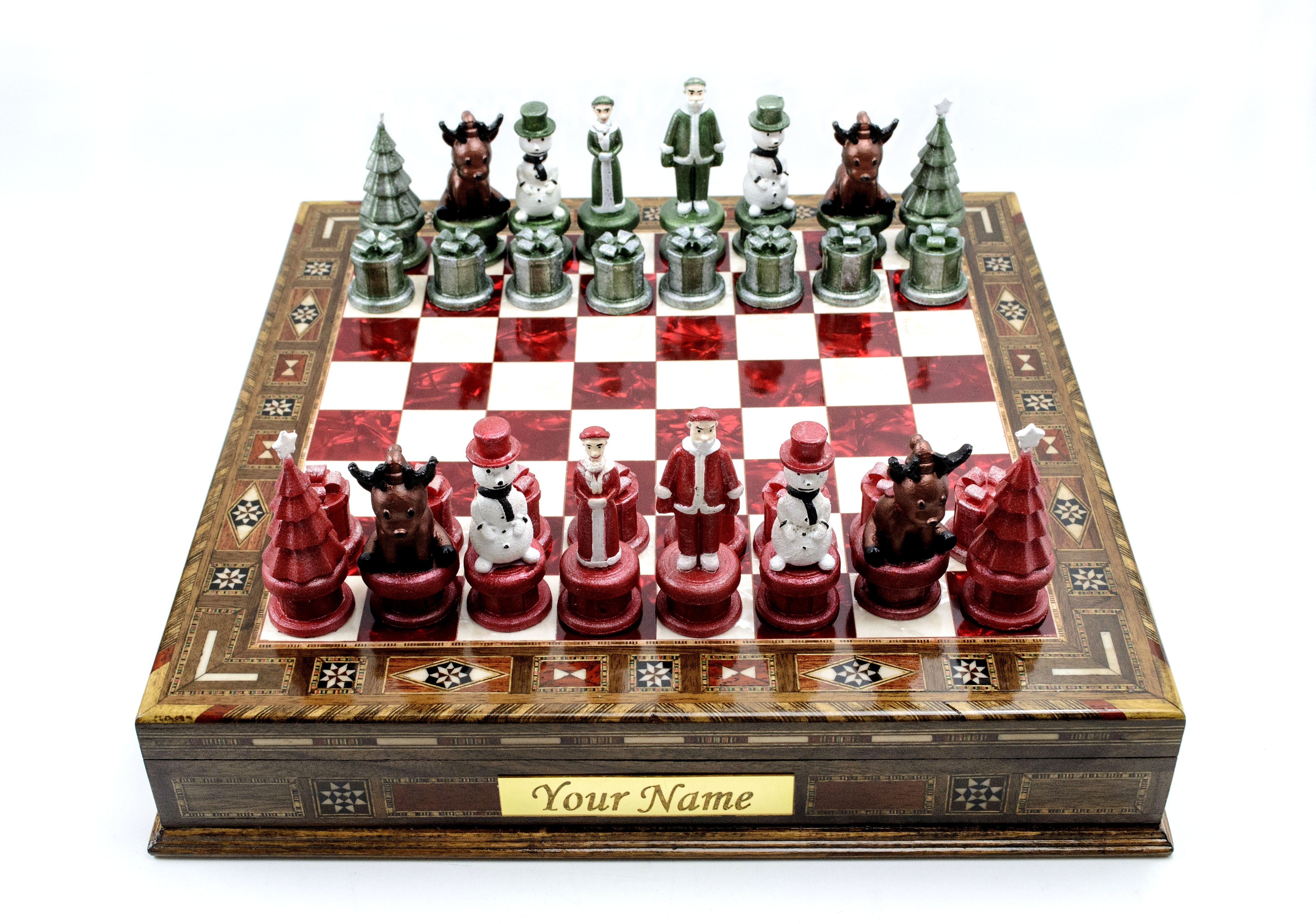
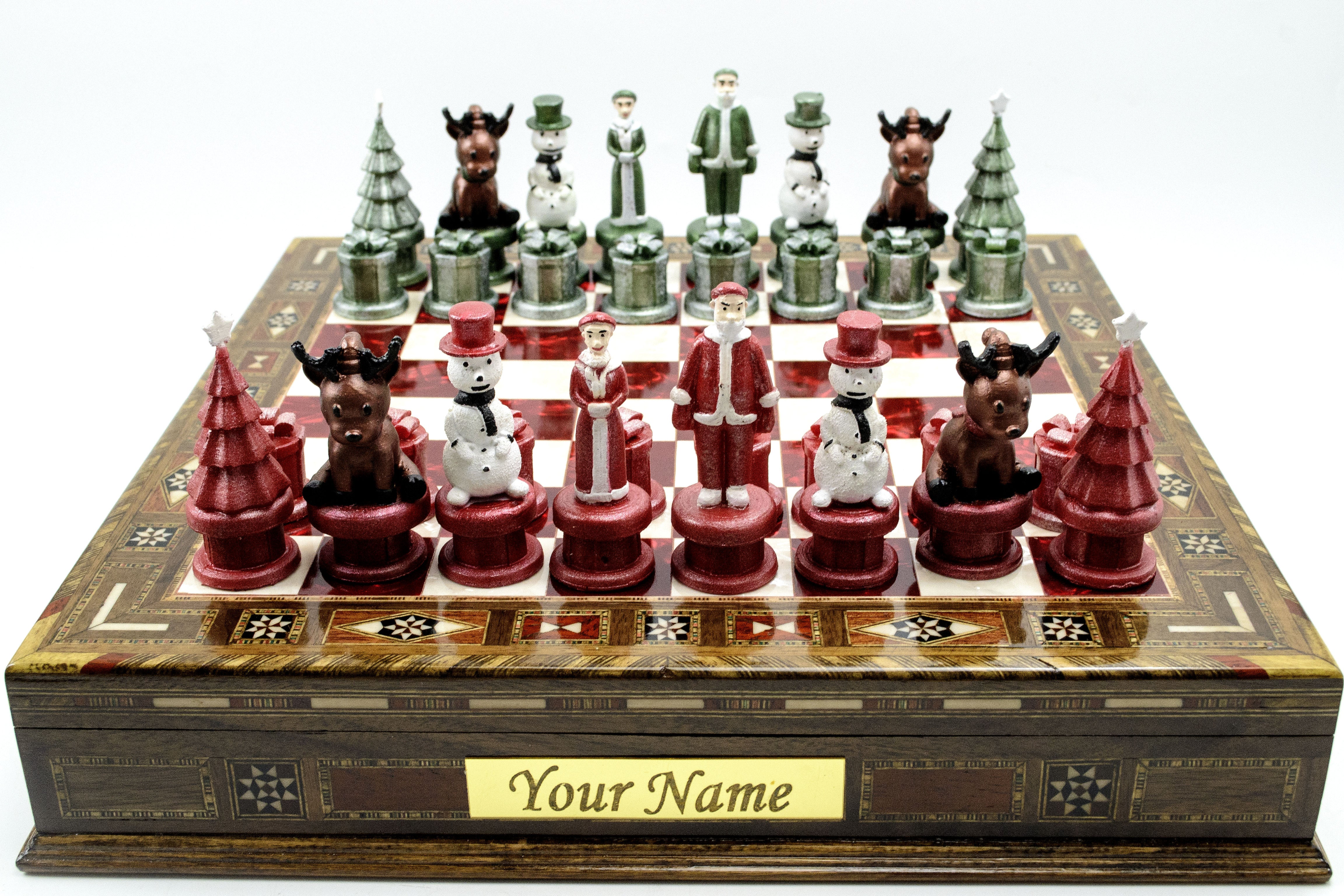
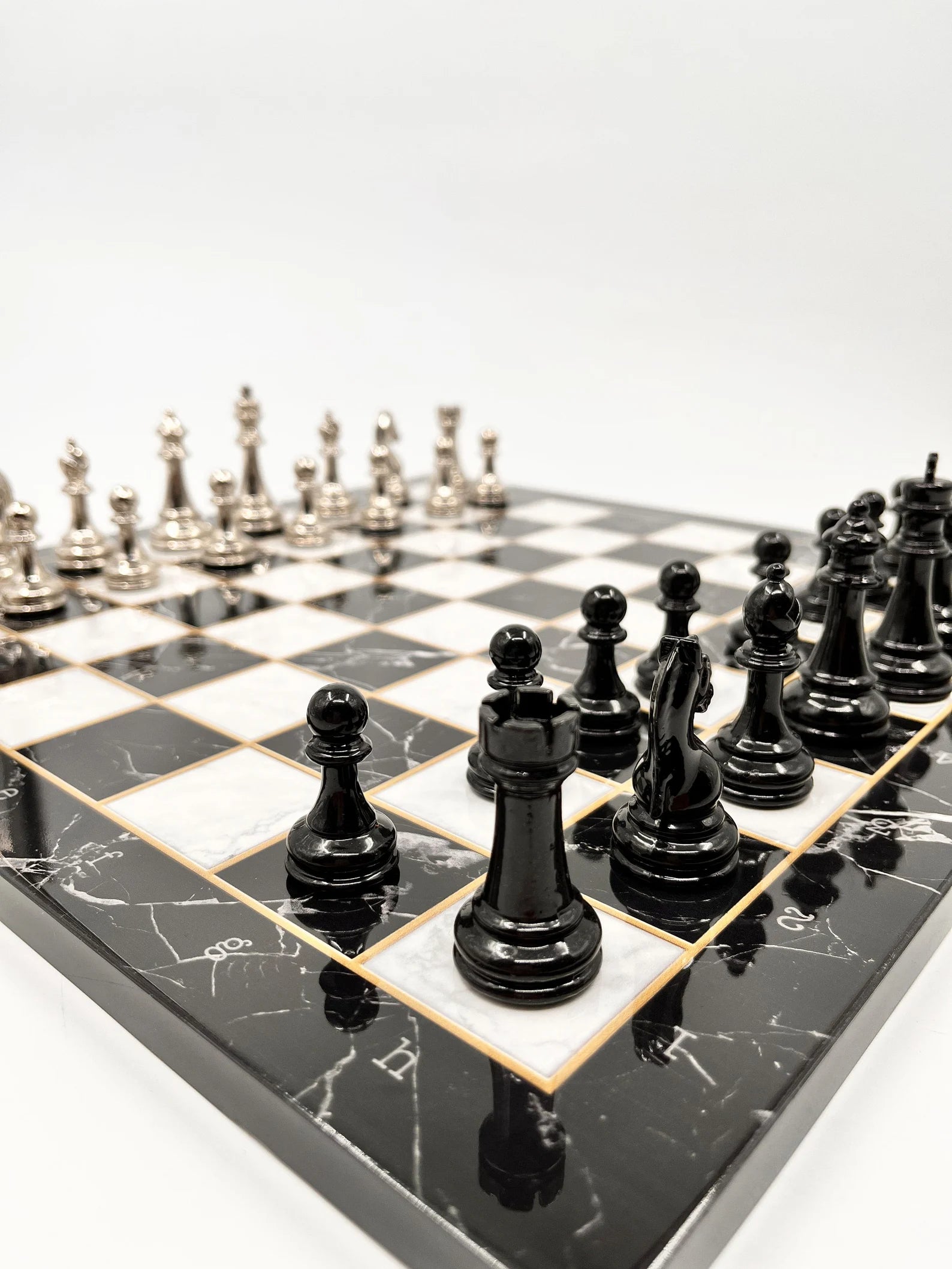
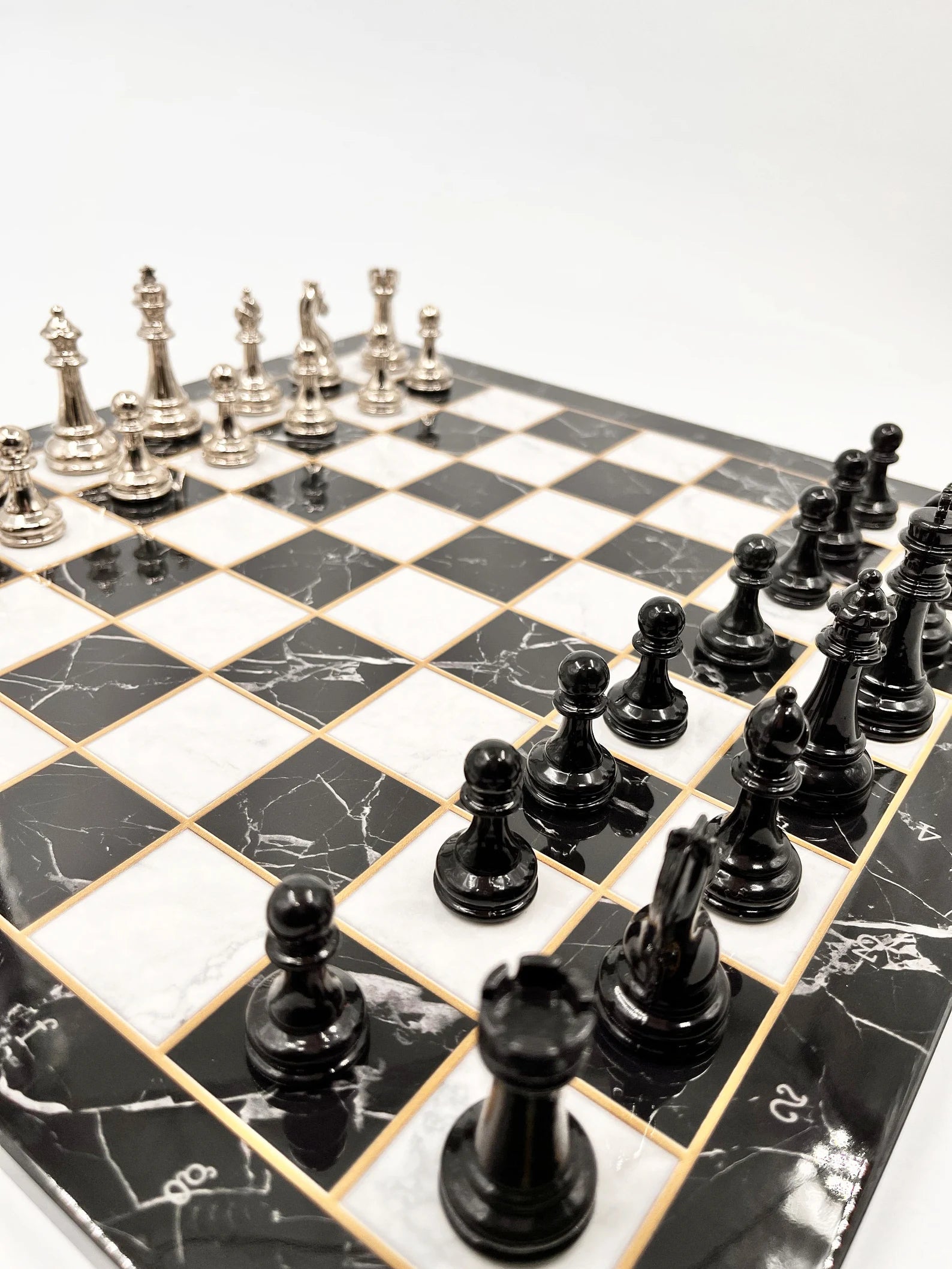
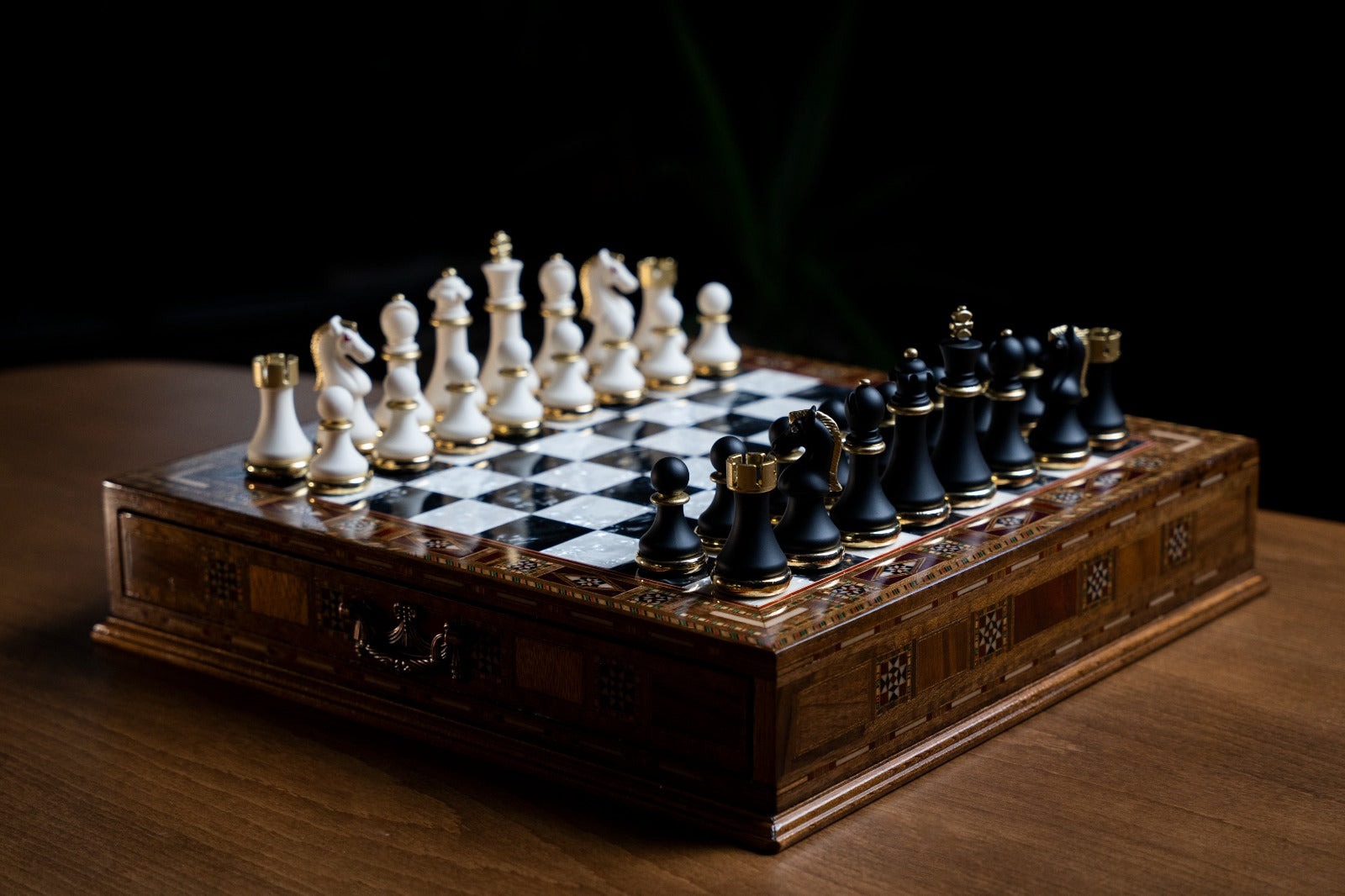
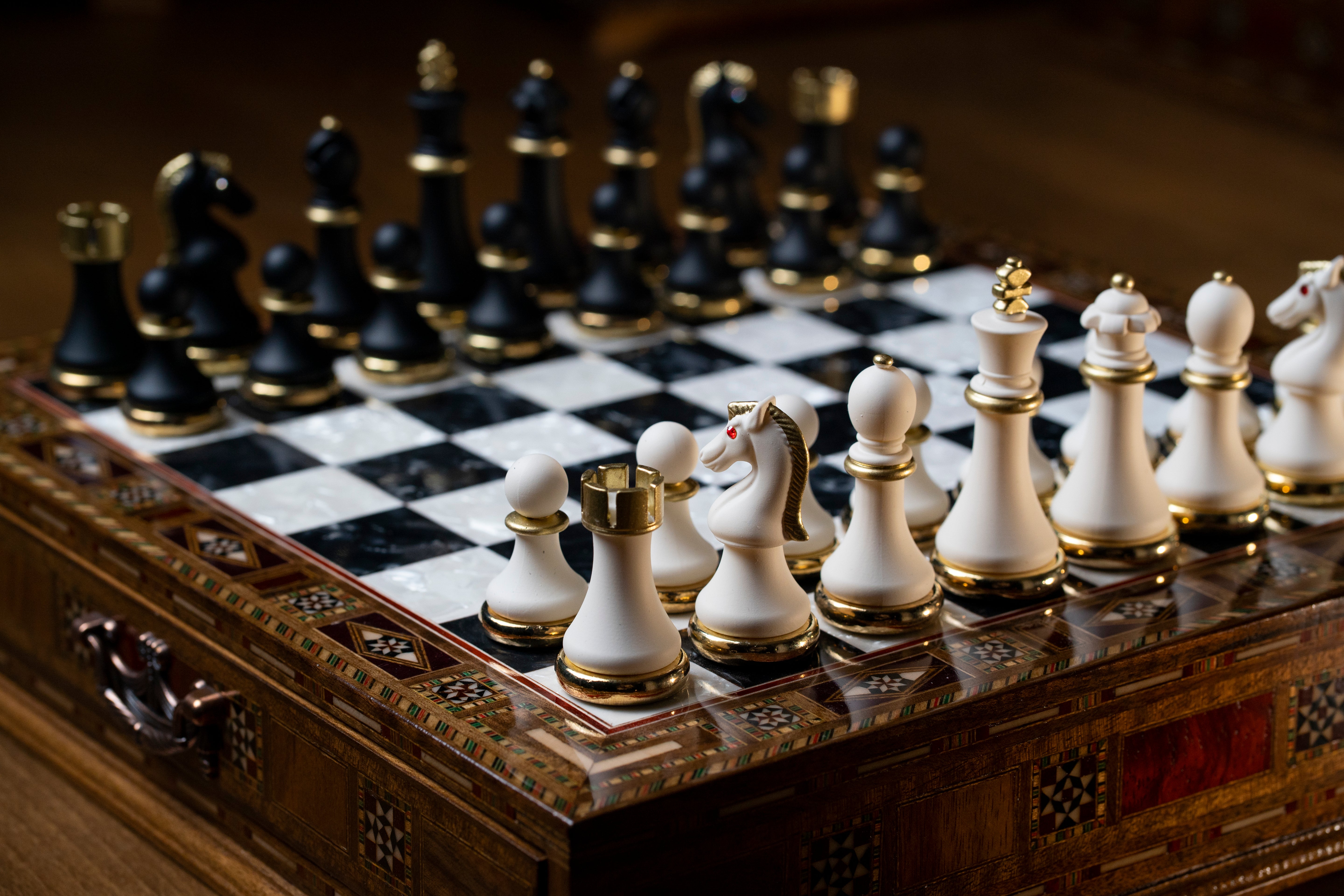
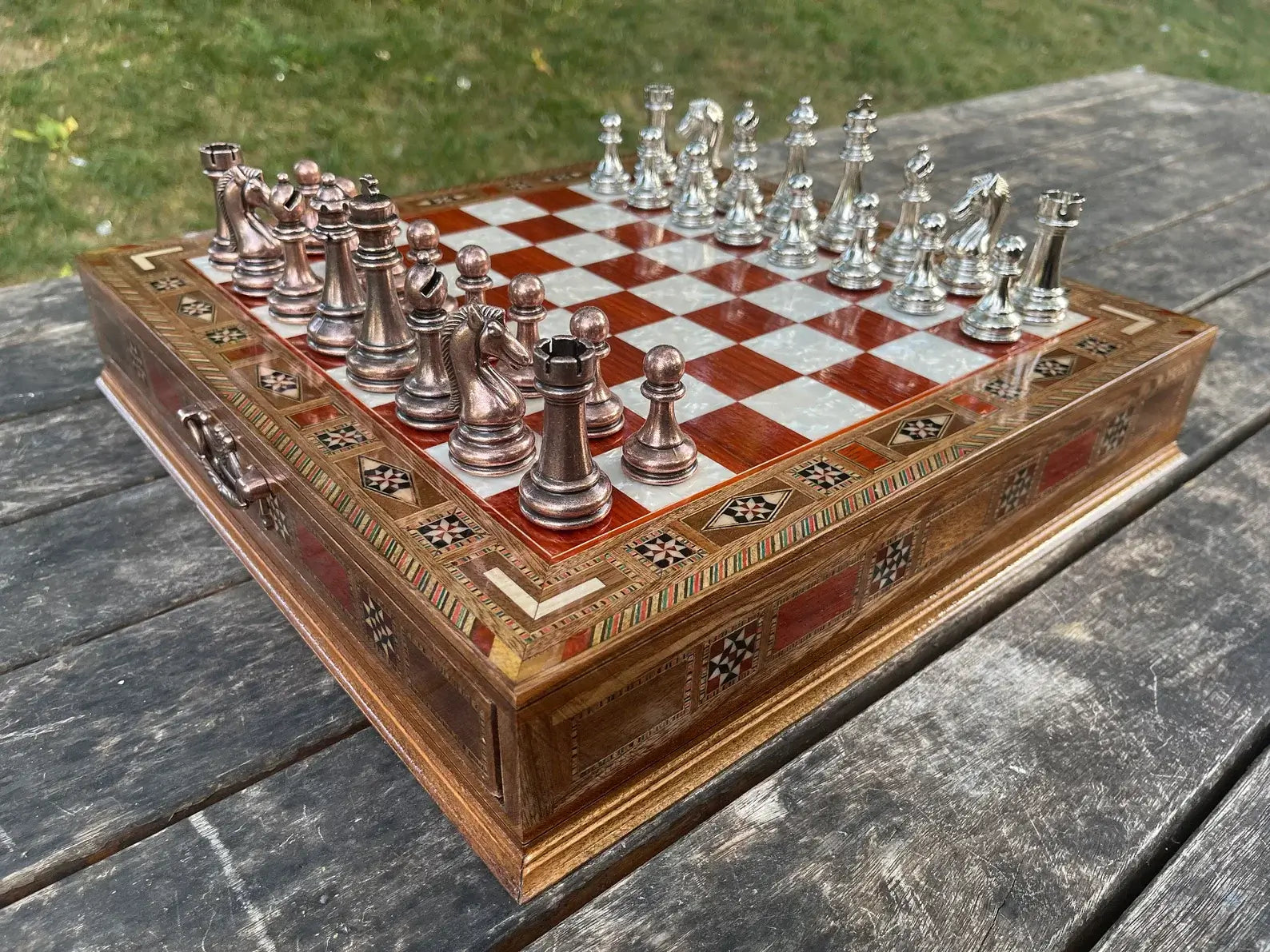
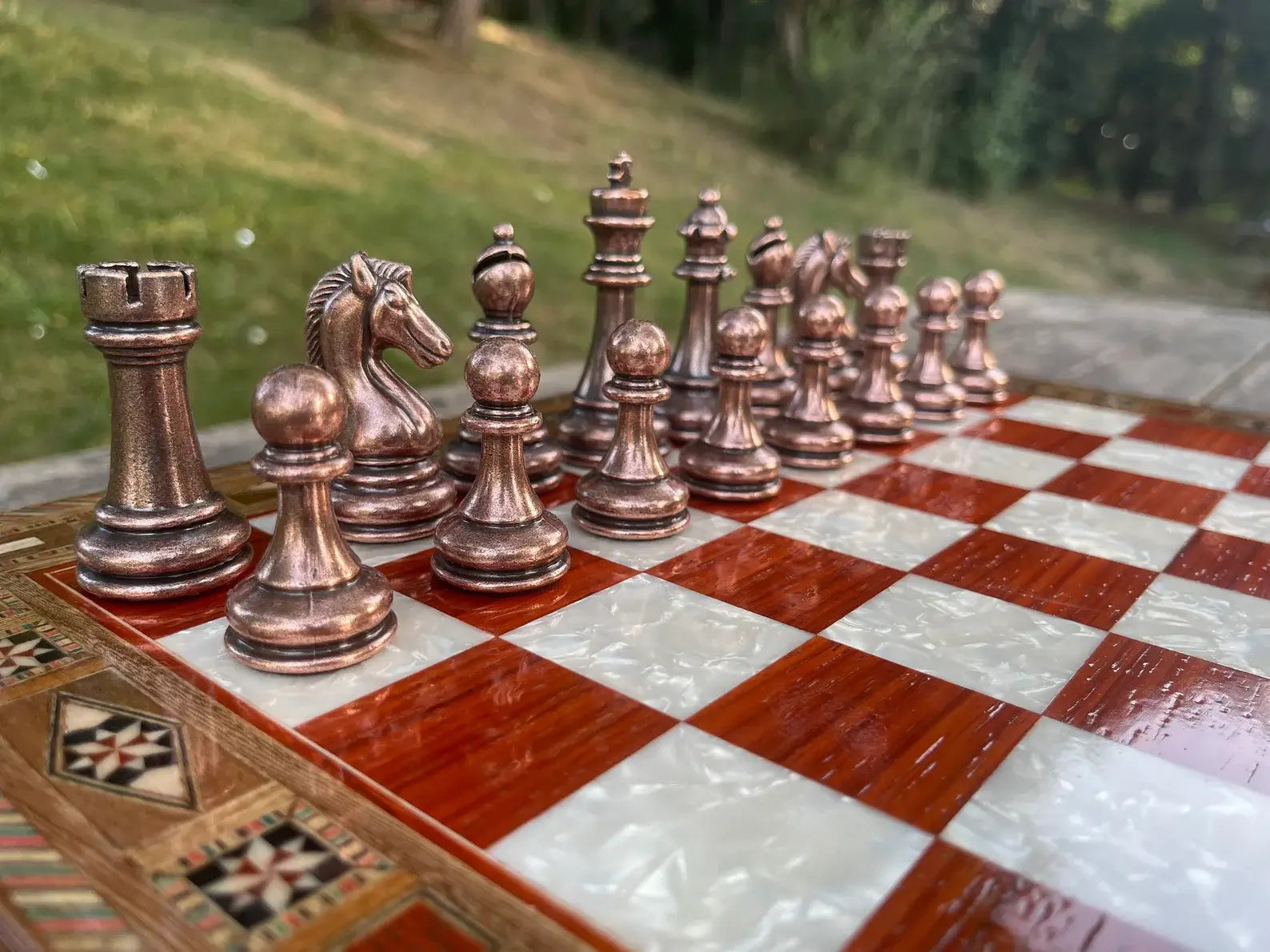
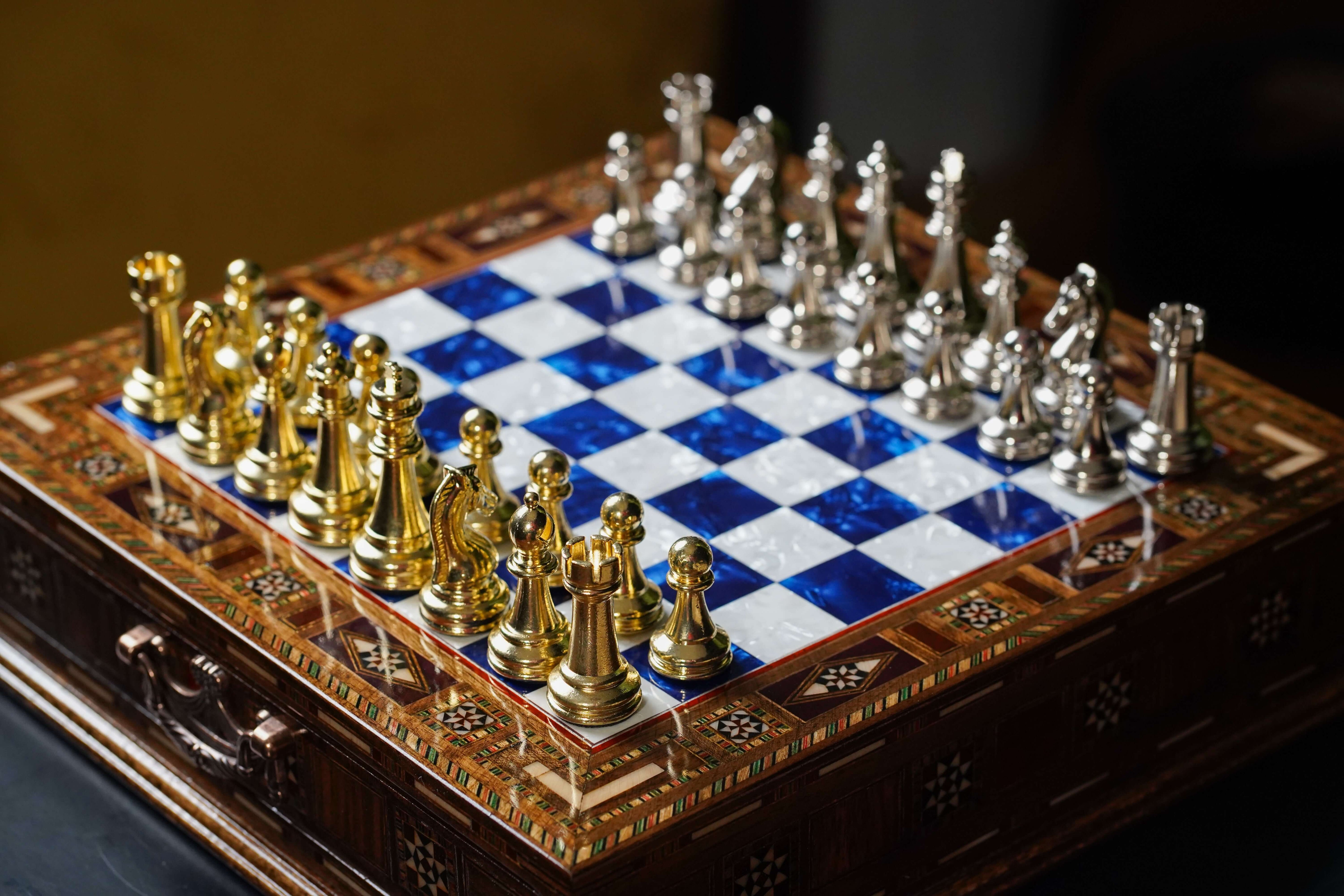
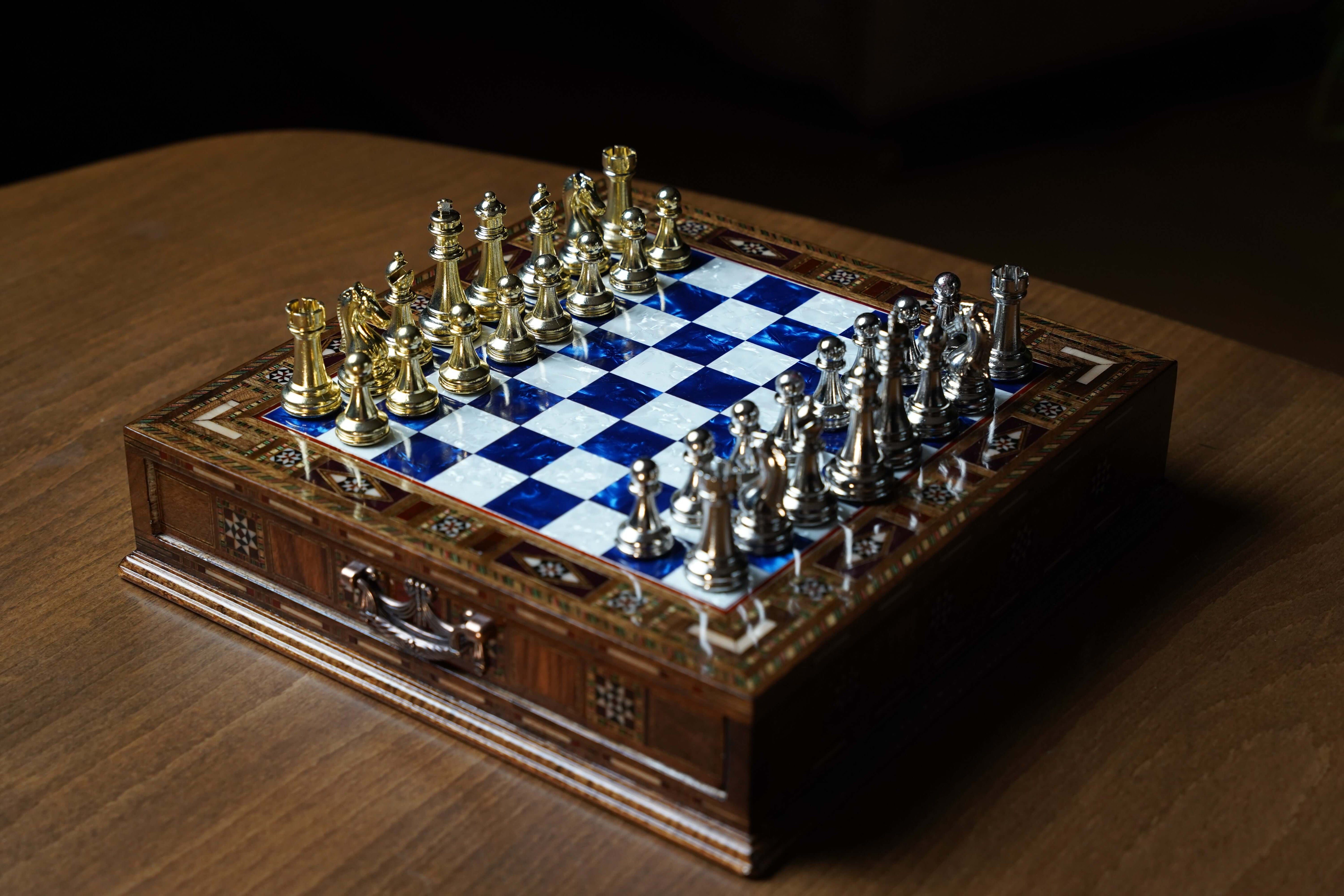
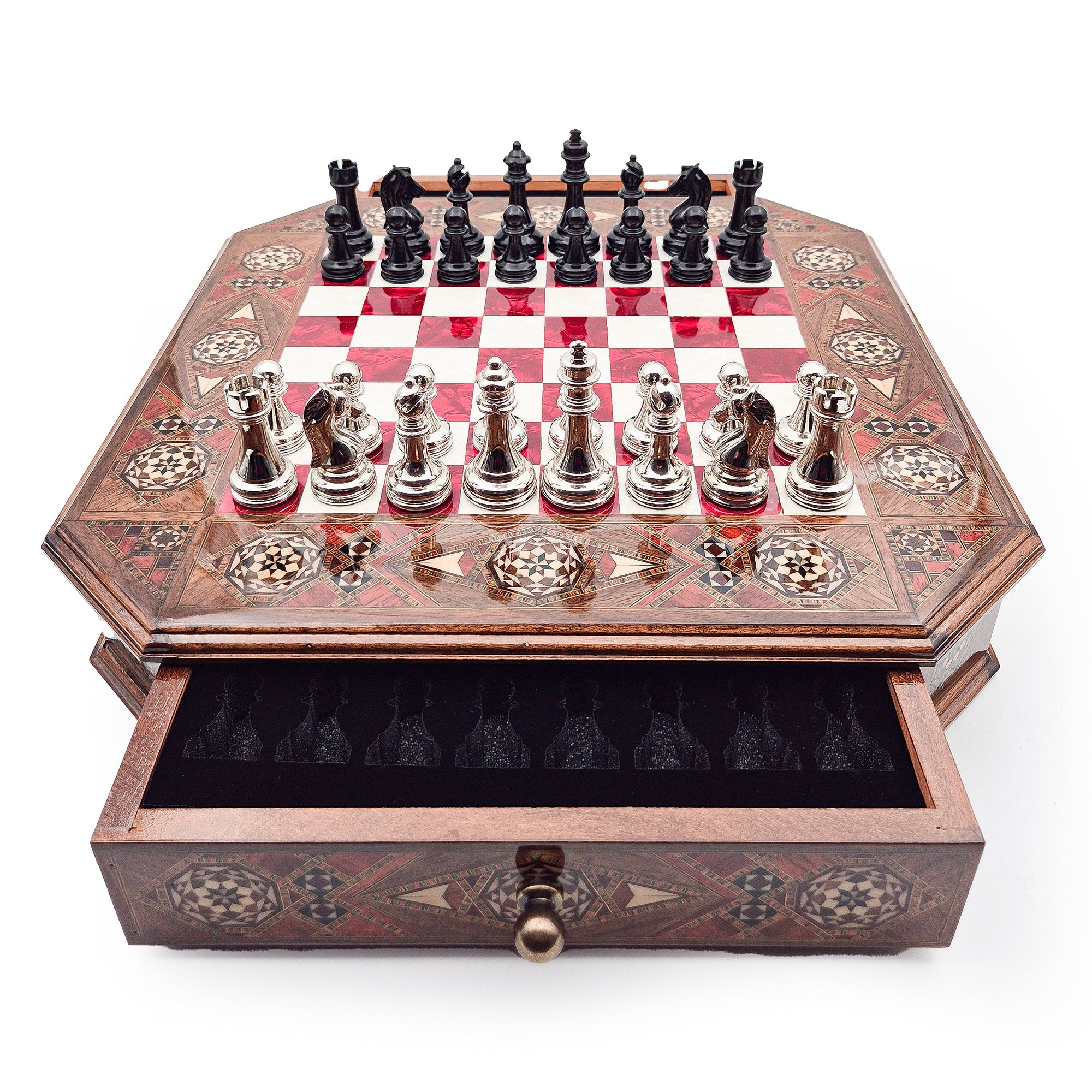
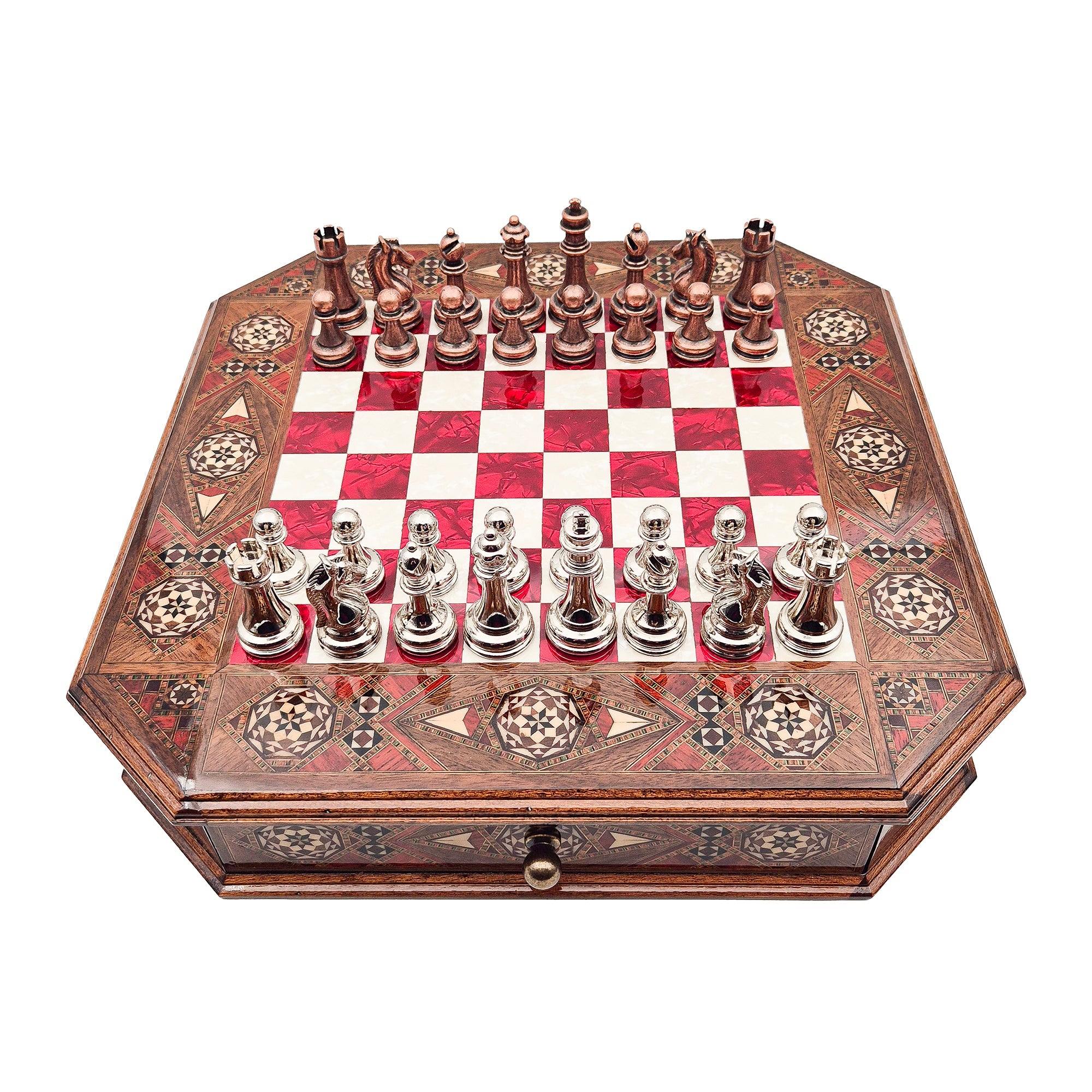
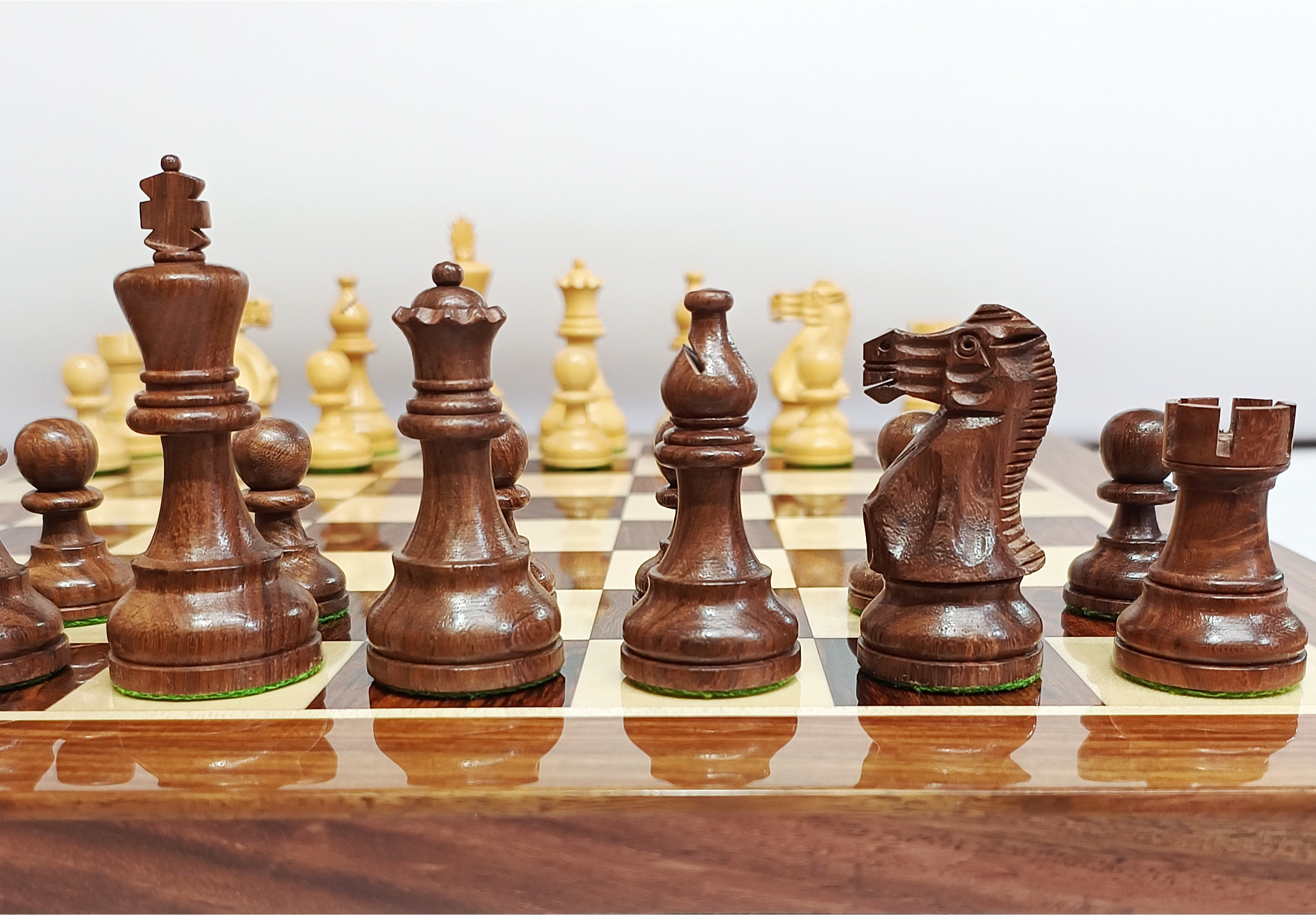
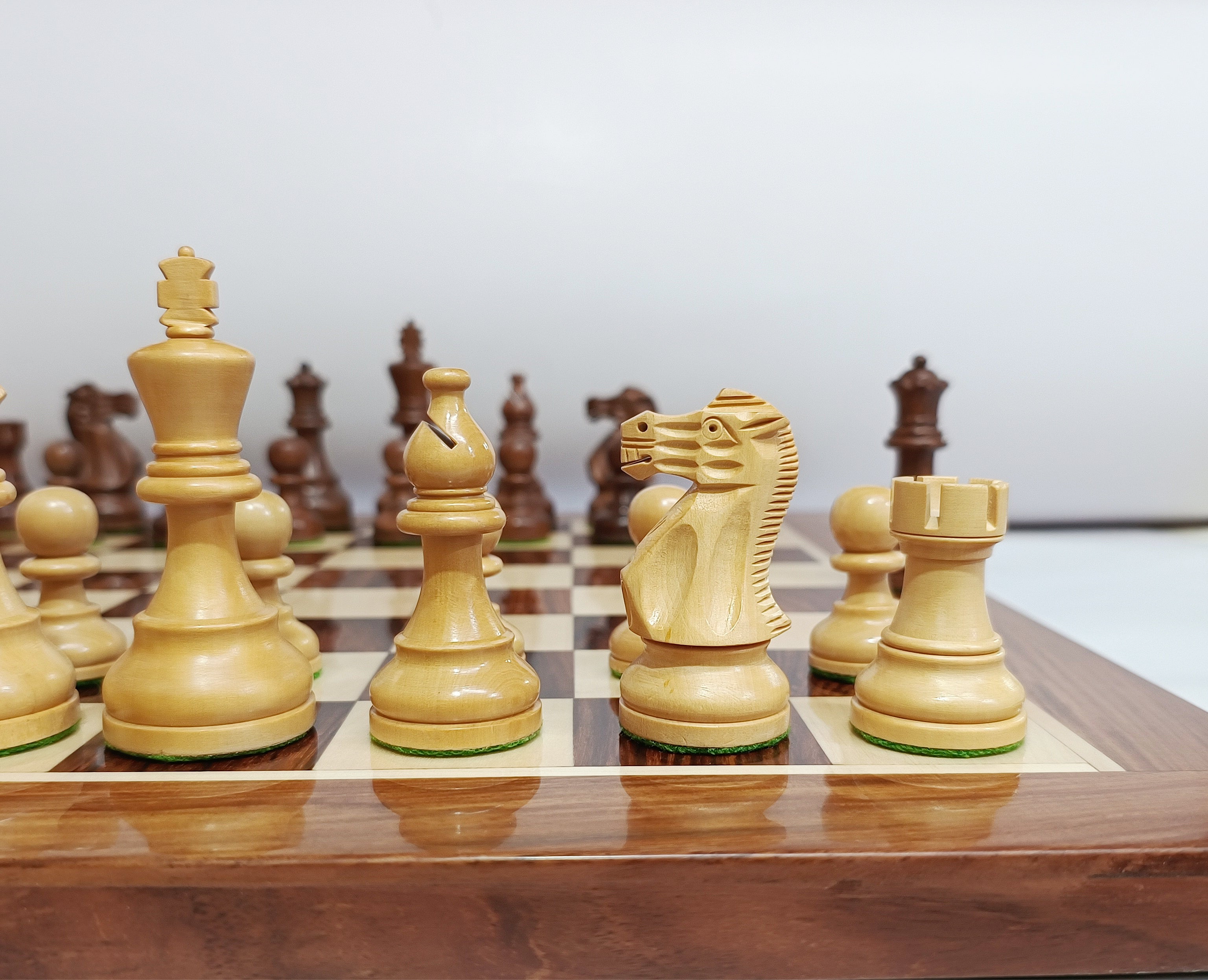
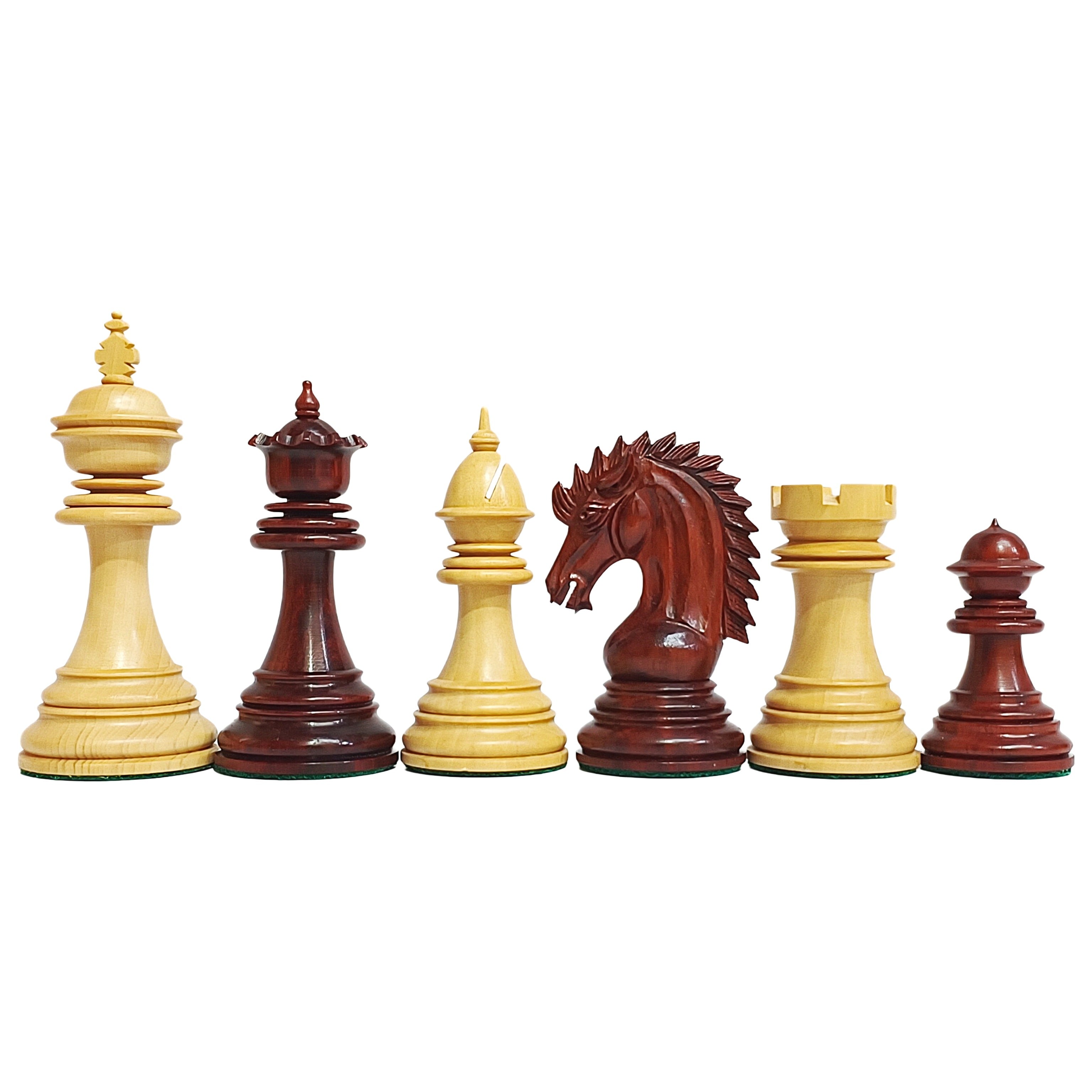
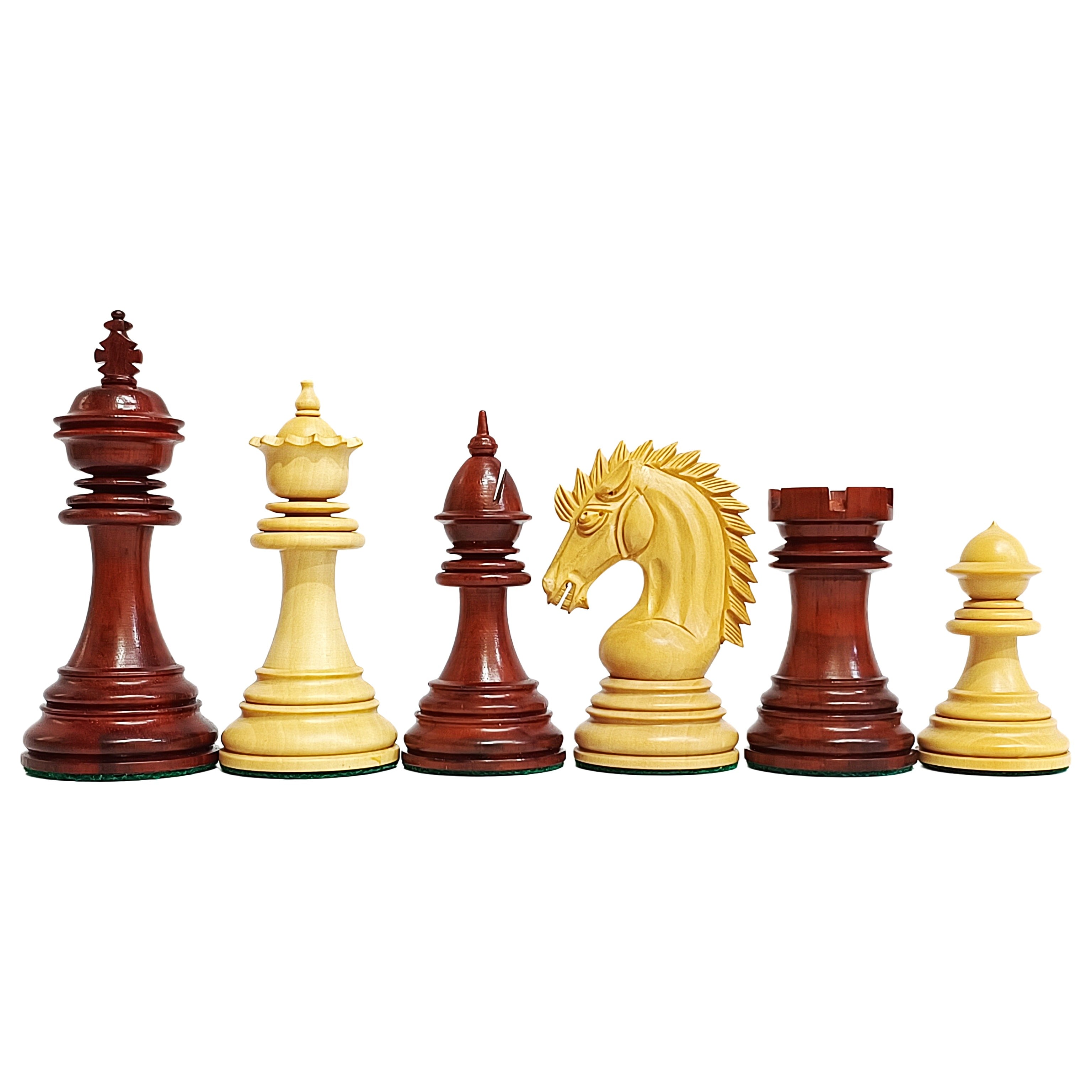


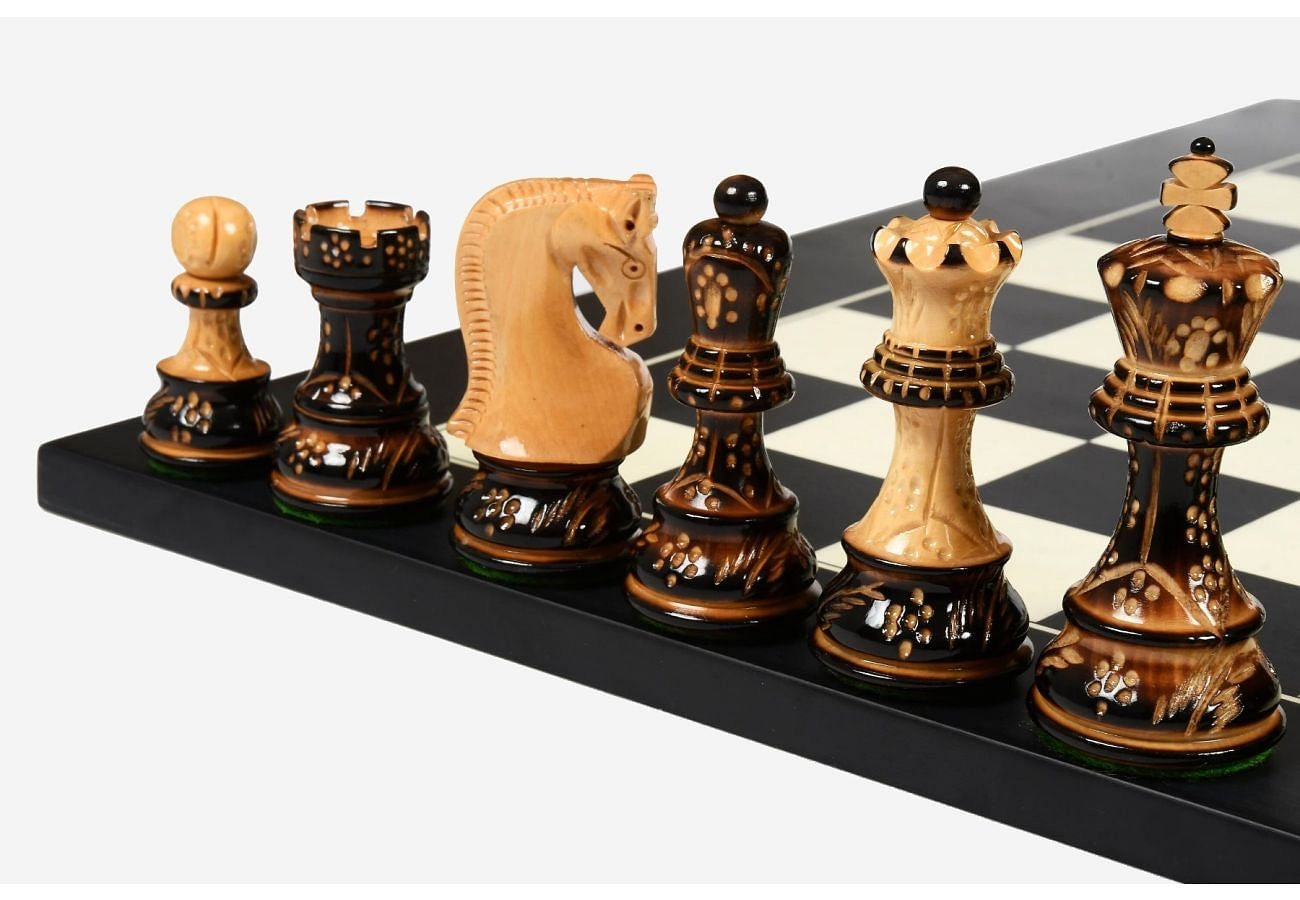
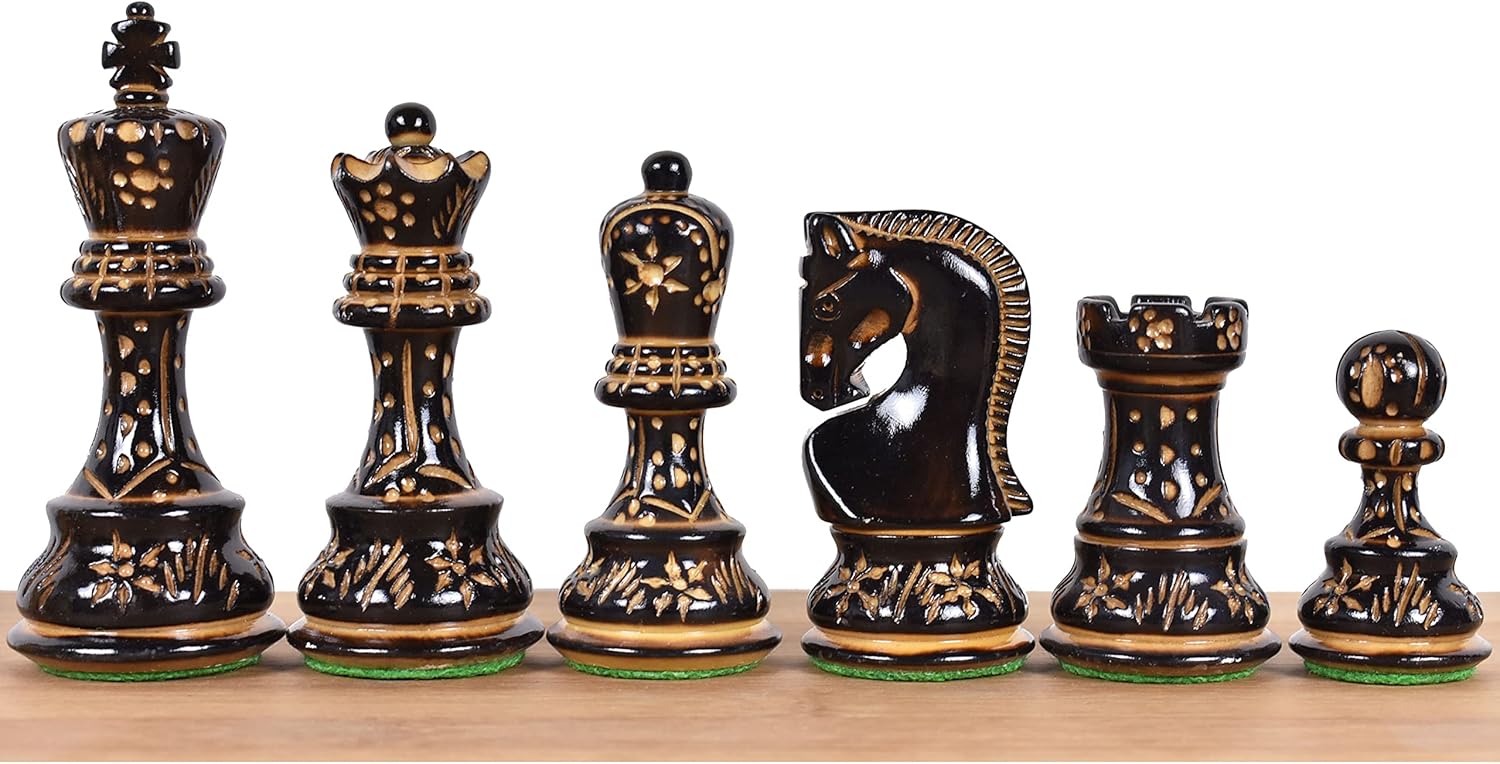
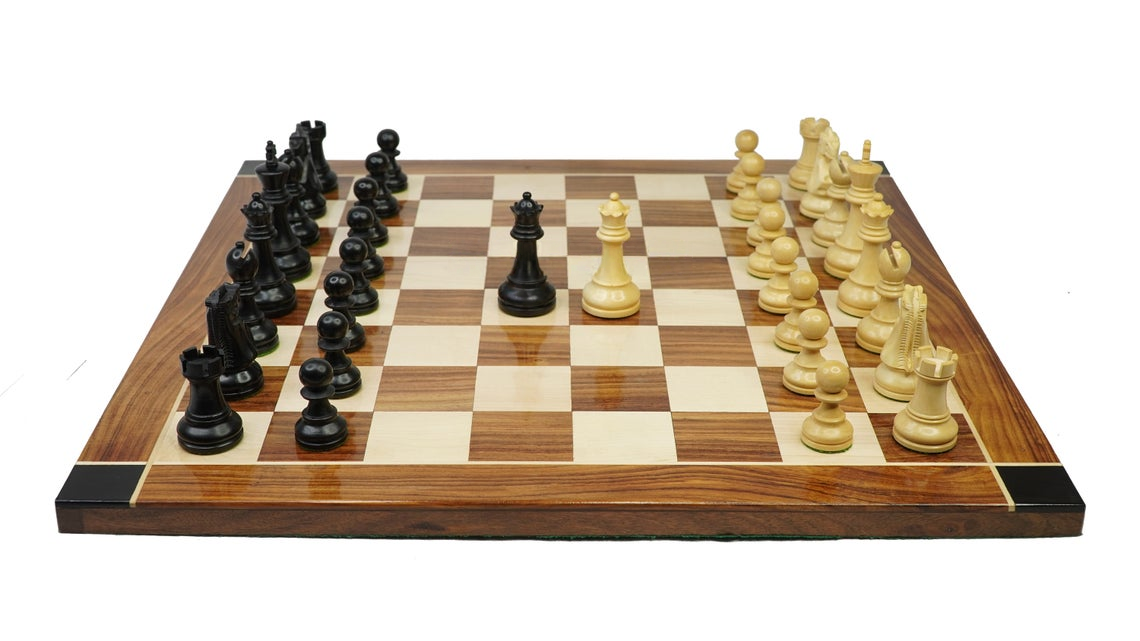
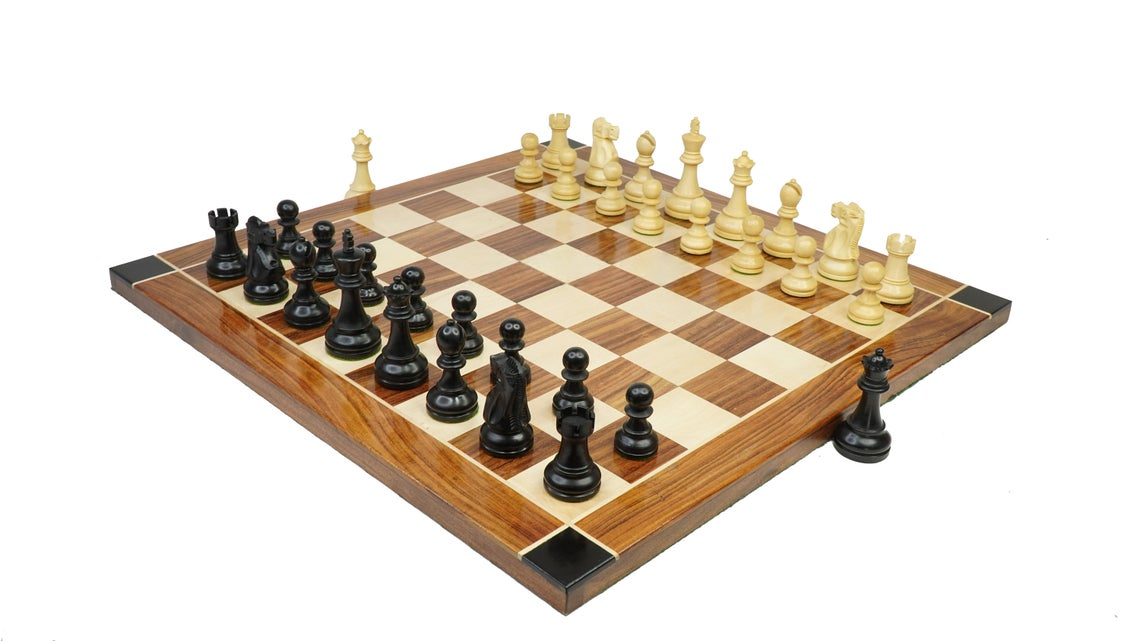
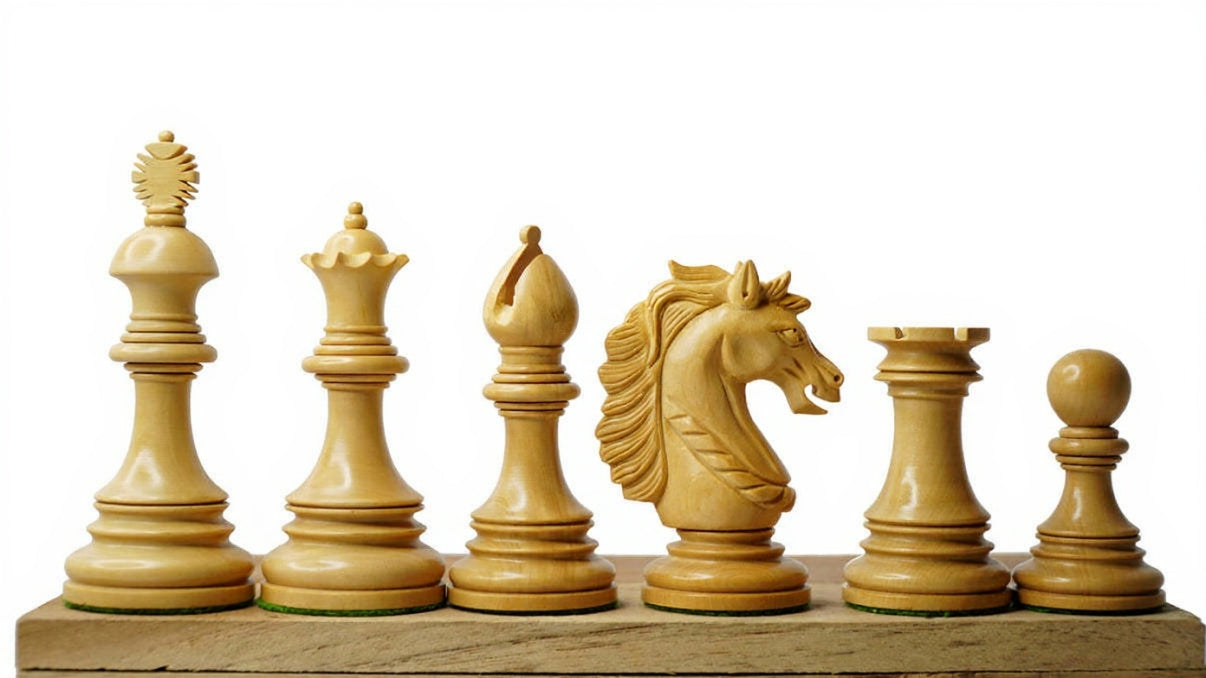
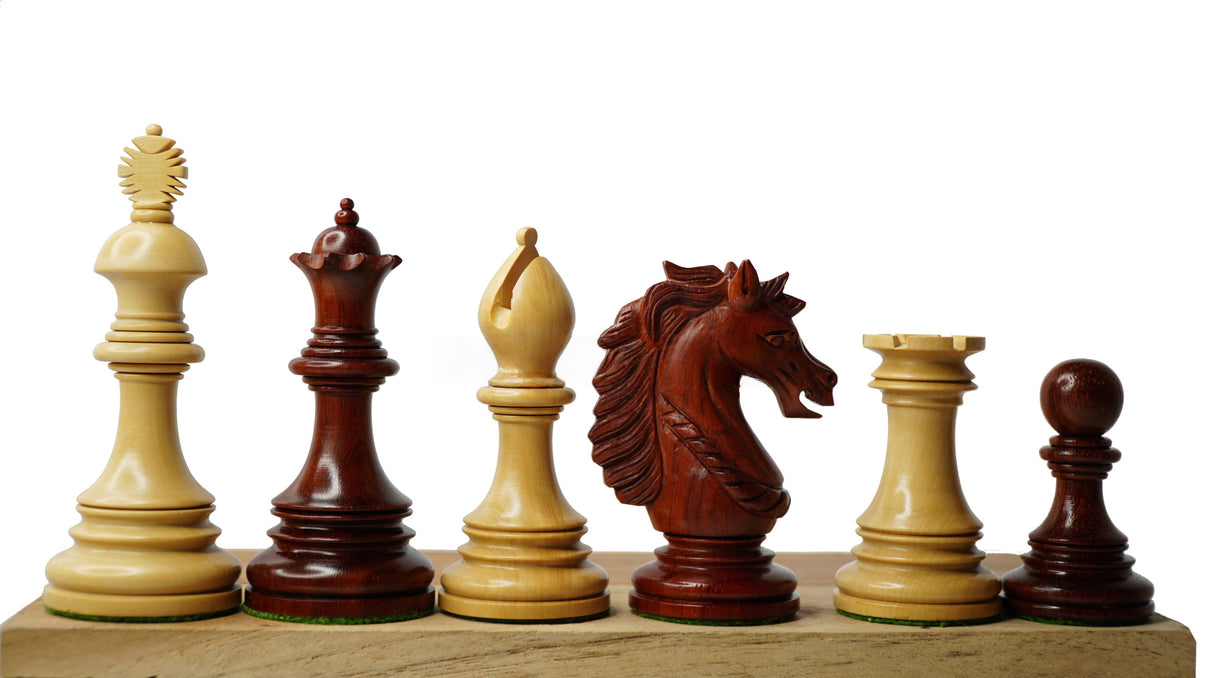
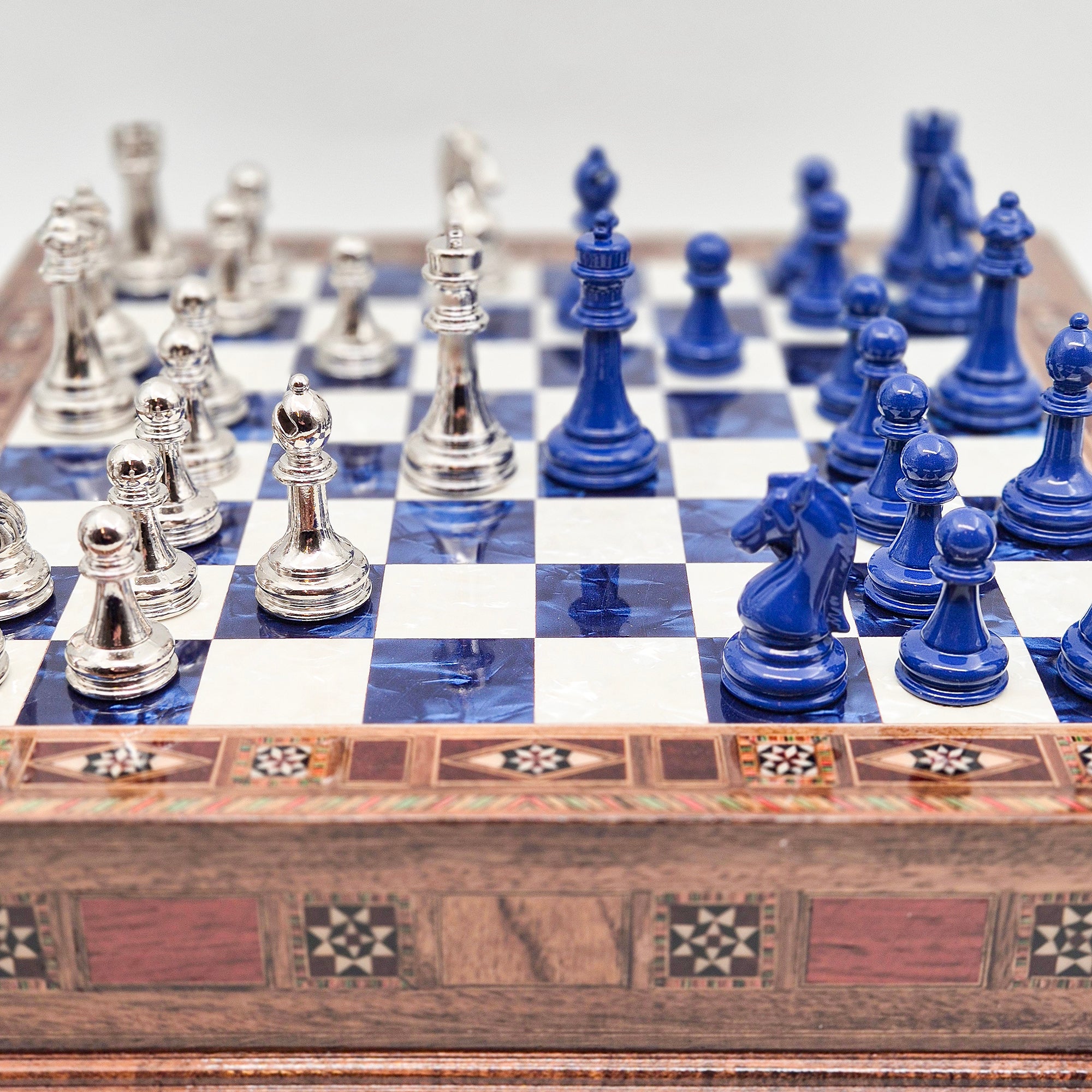
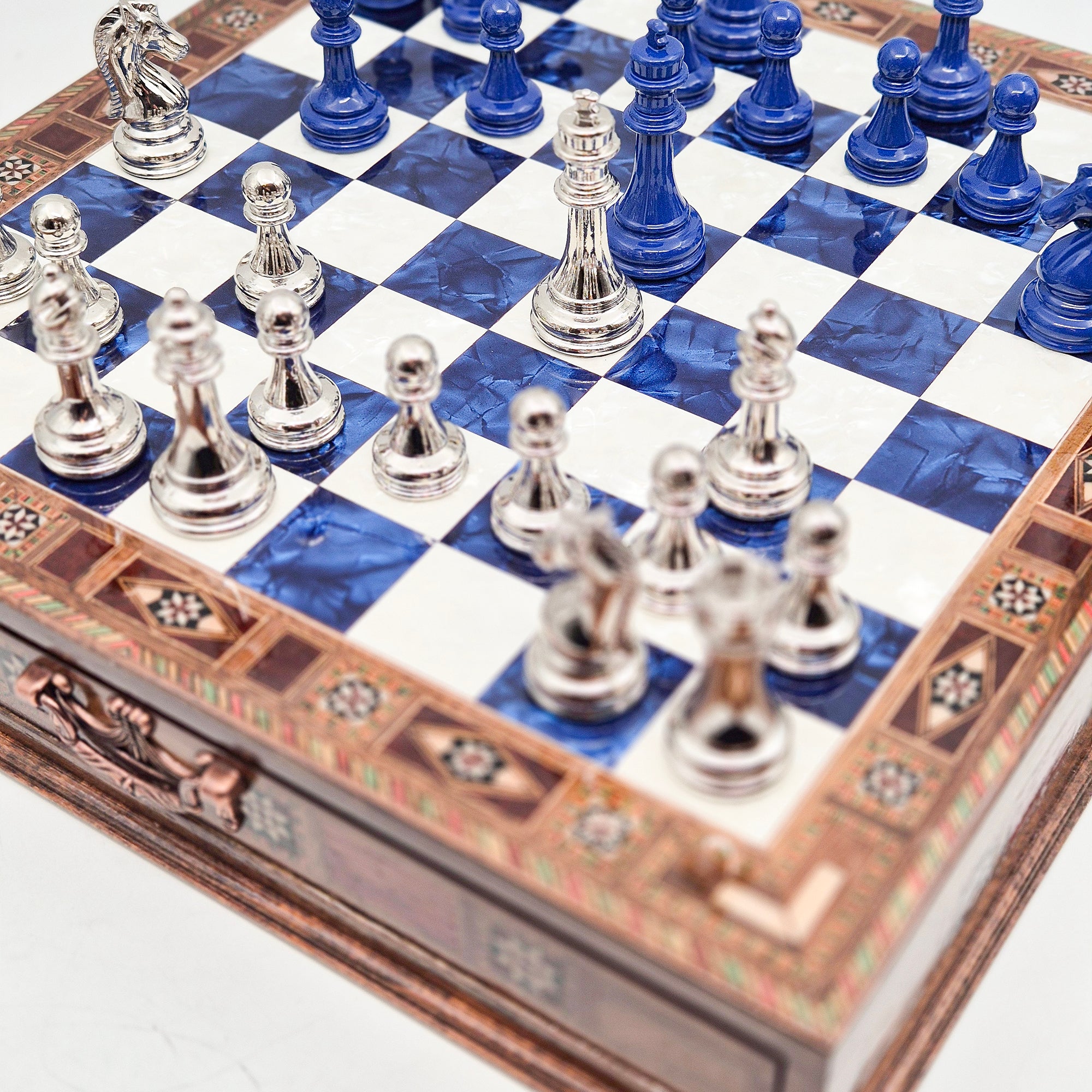
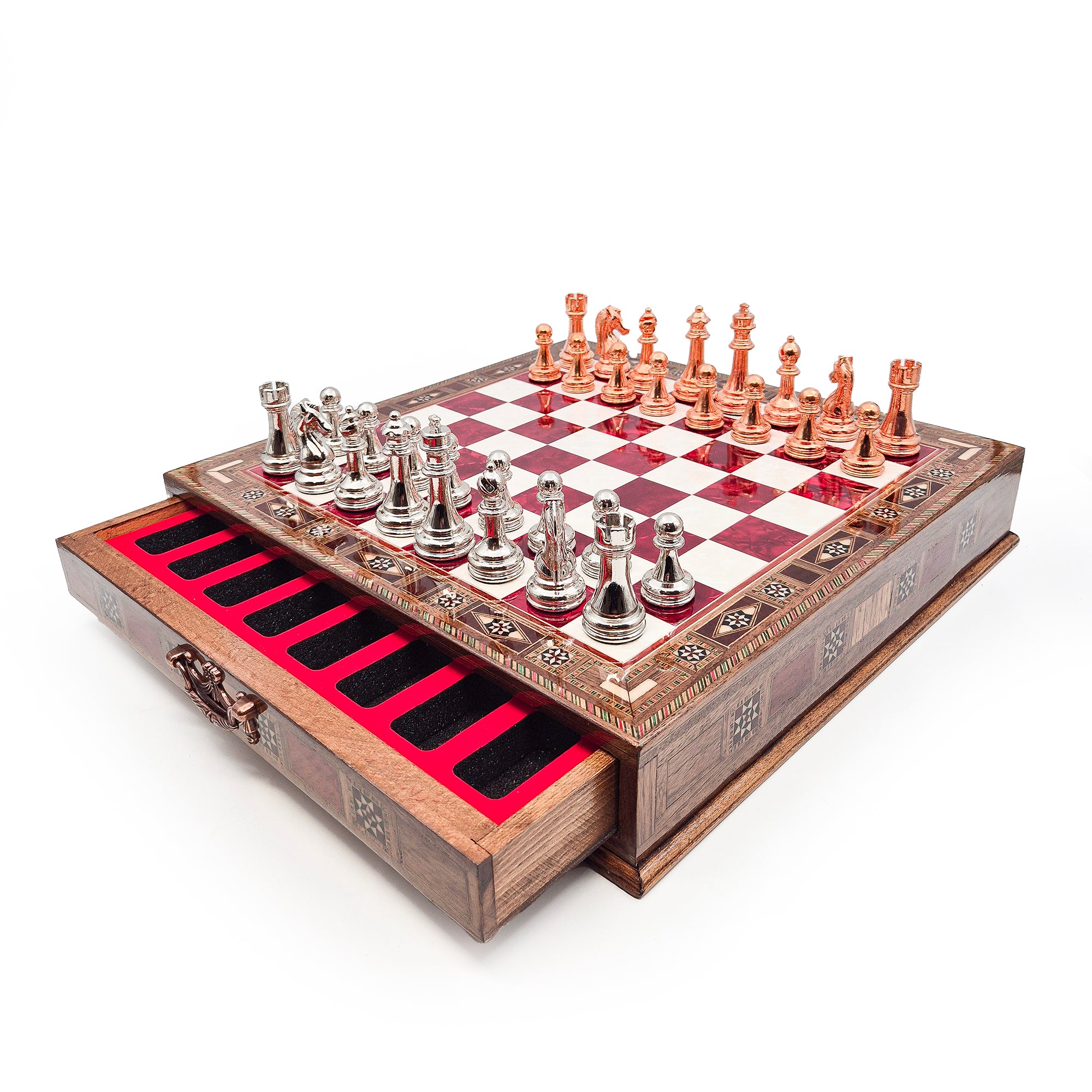
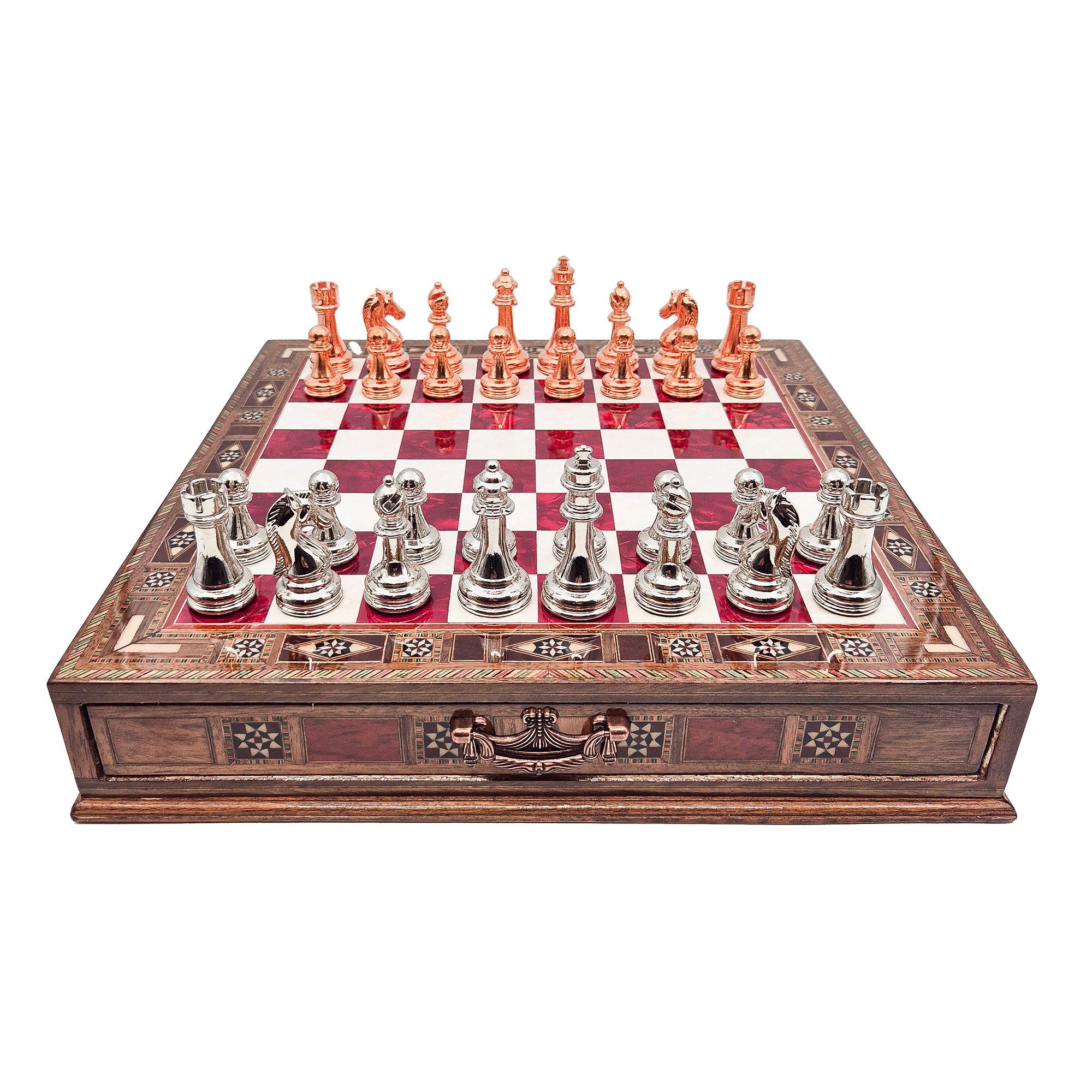
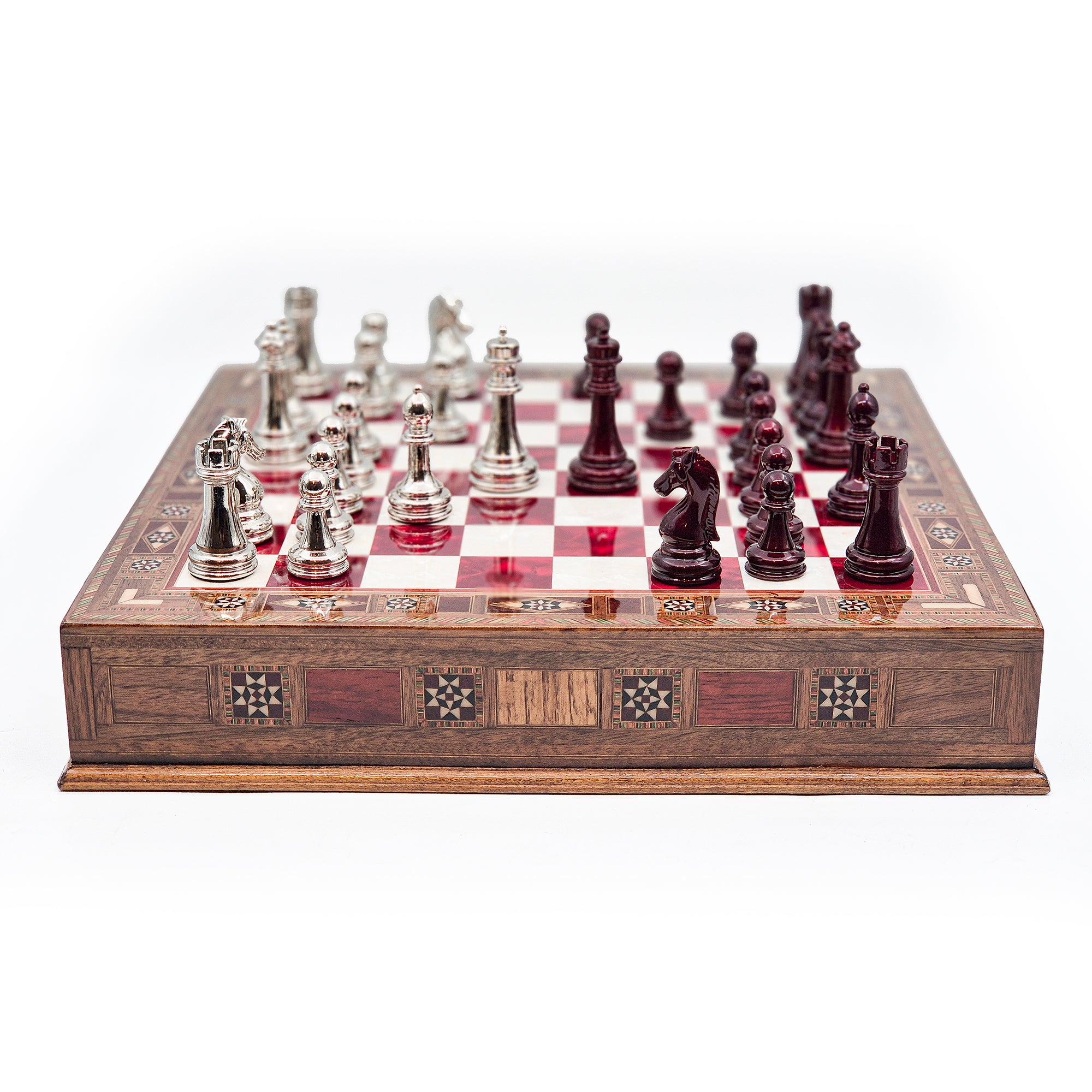
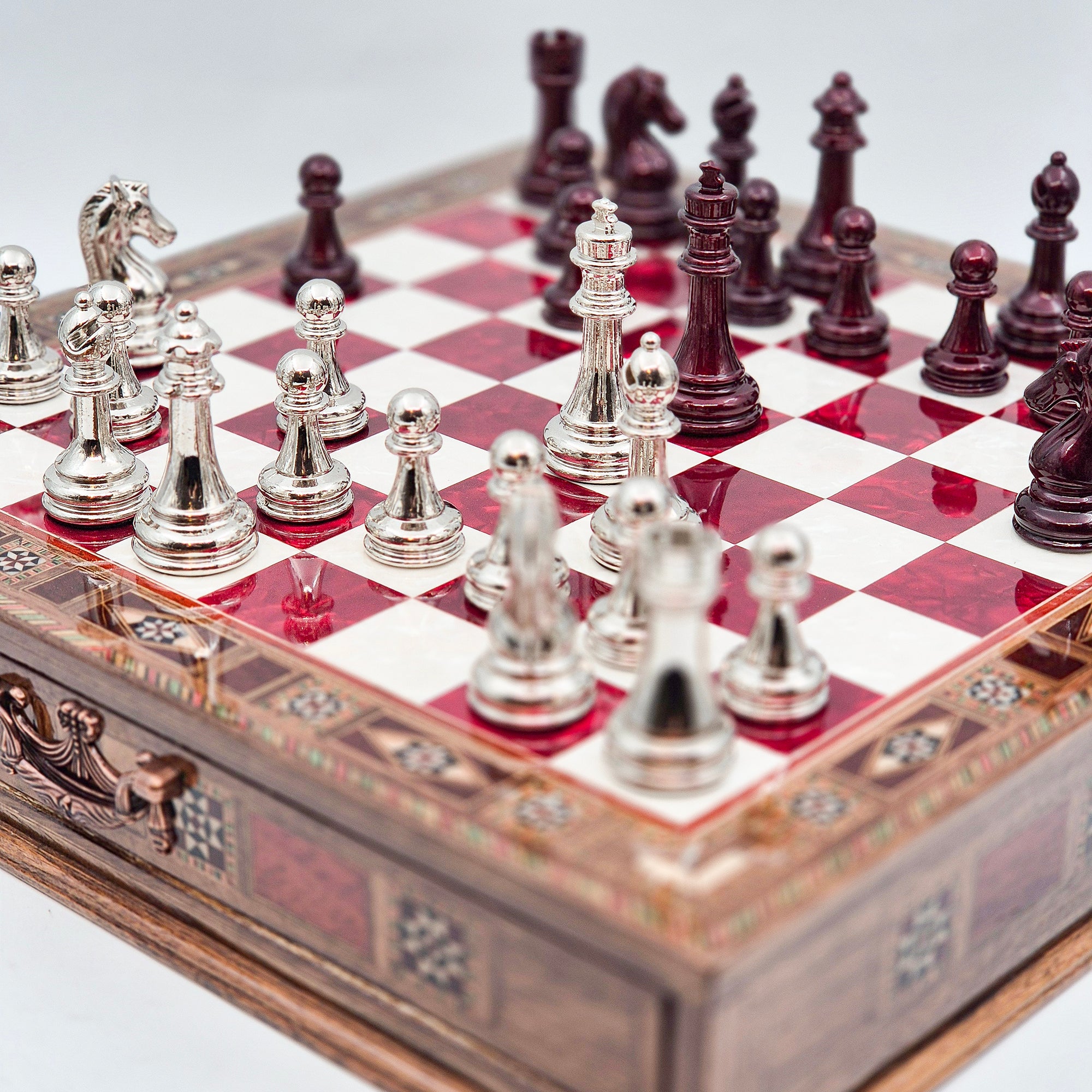
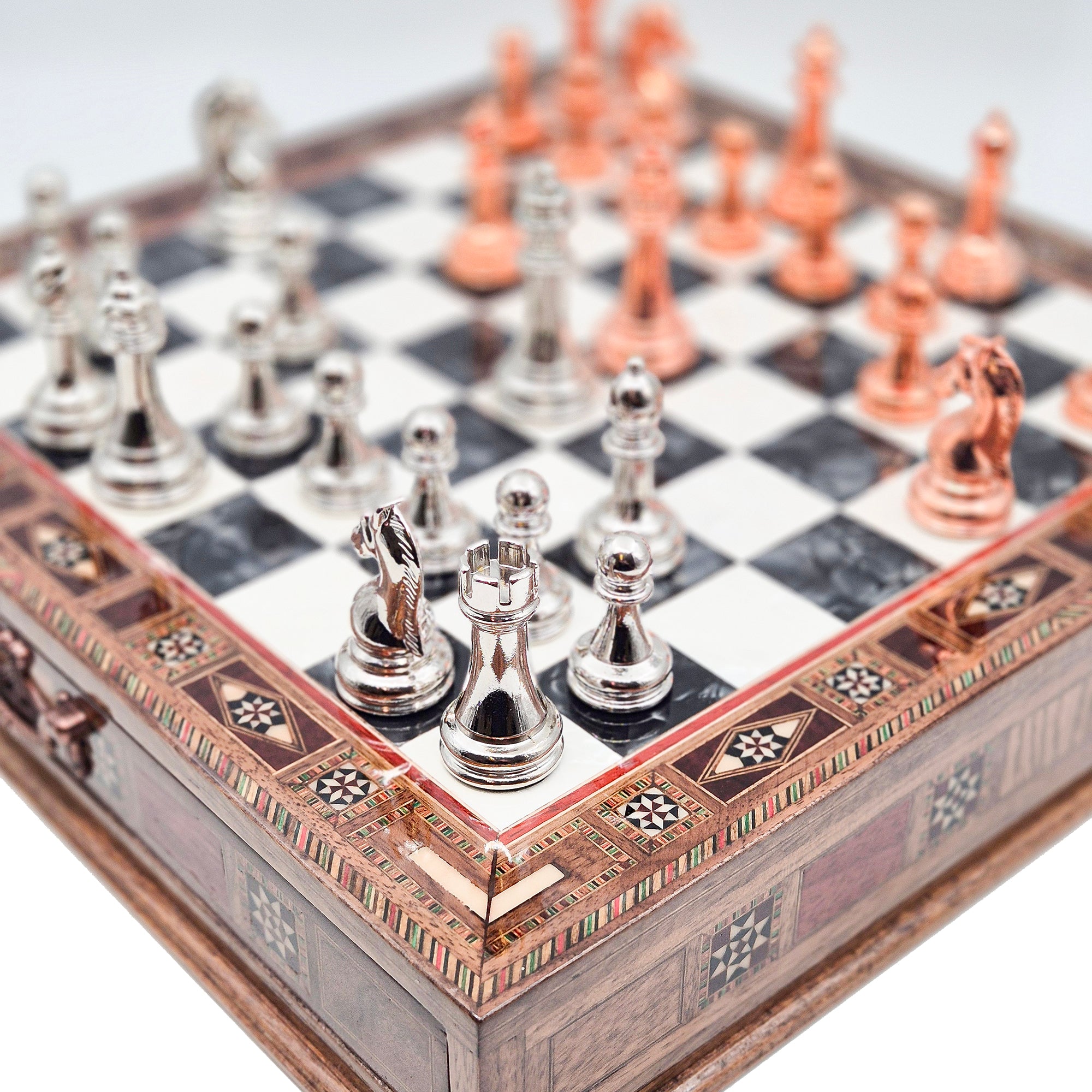
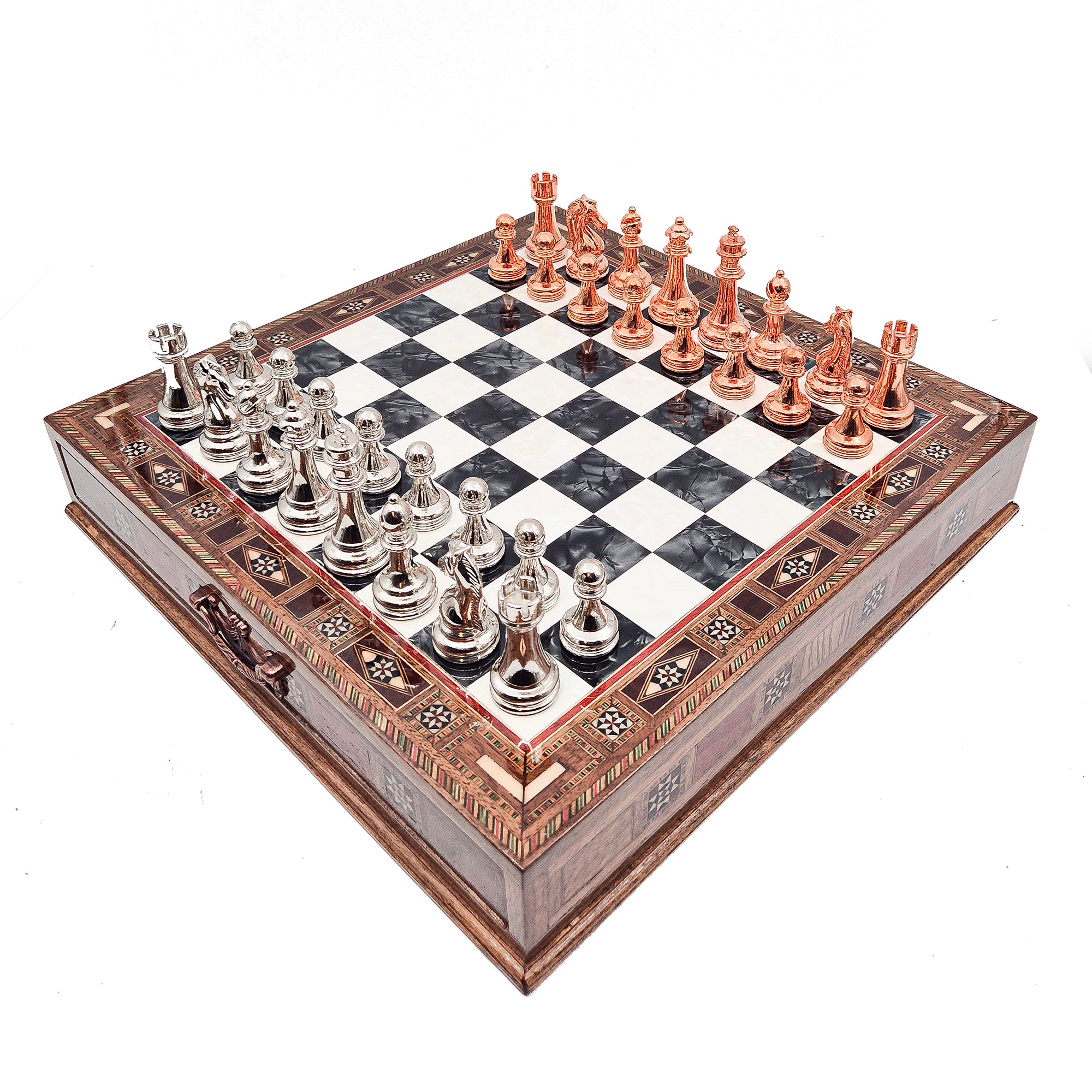
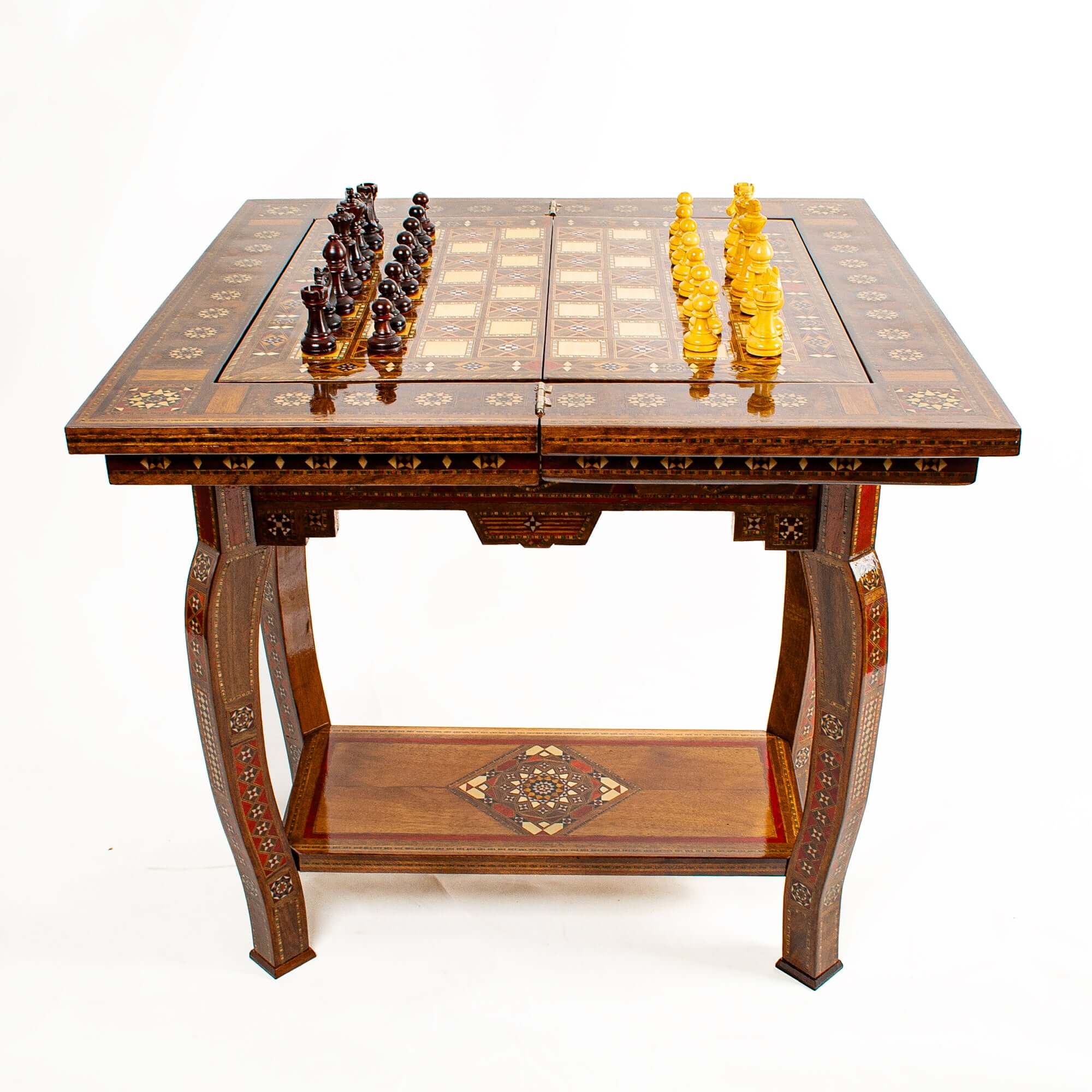

Leave a comment
All comments are moderated before being published.
This site is protected by hCaptcha and the hCaptcha Privacy Policy and Terms of Service apply.